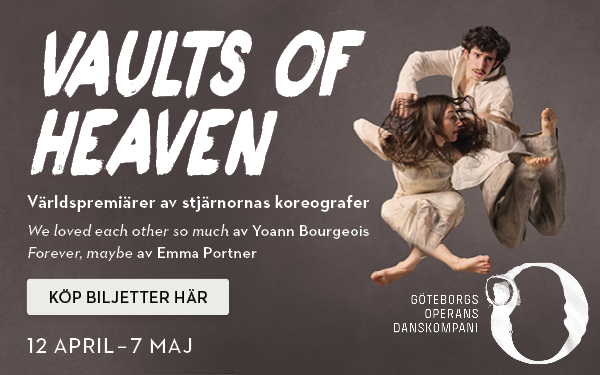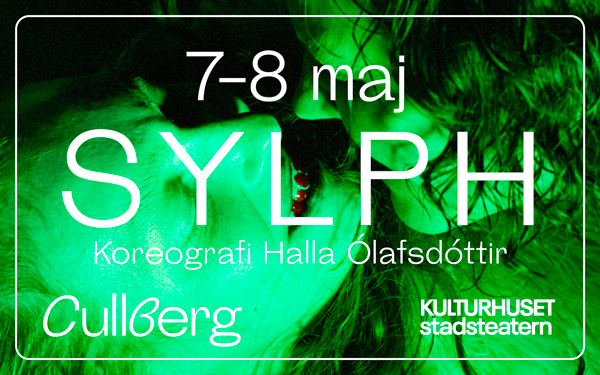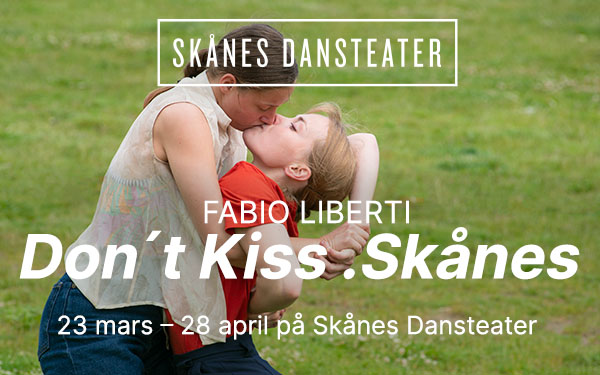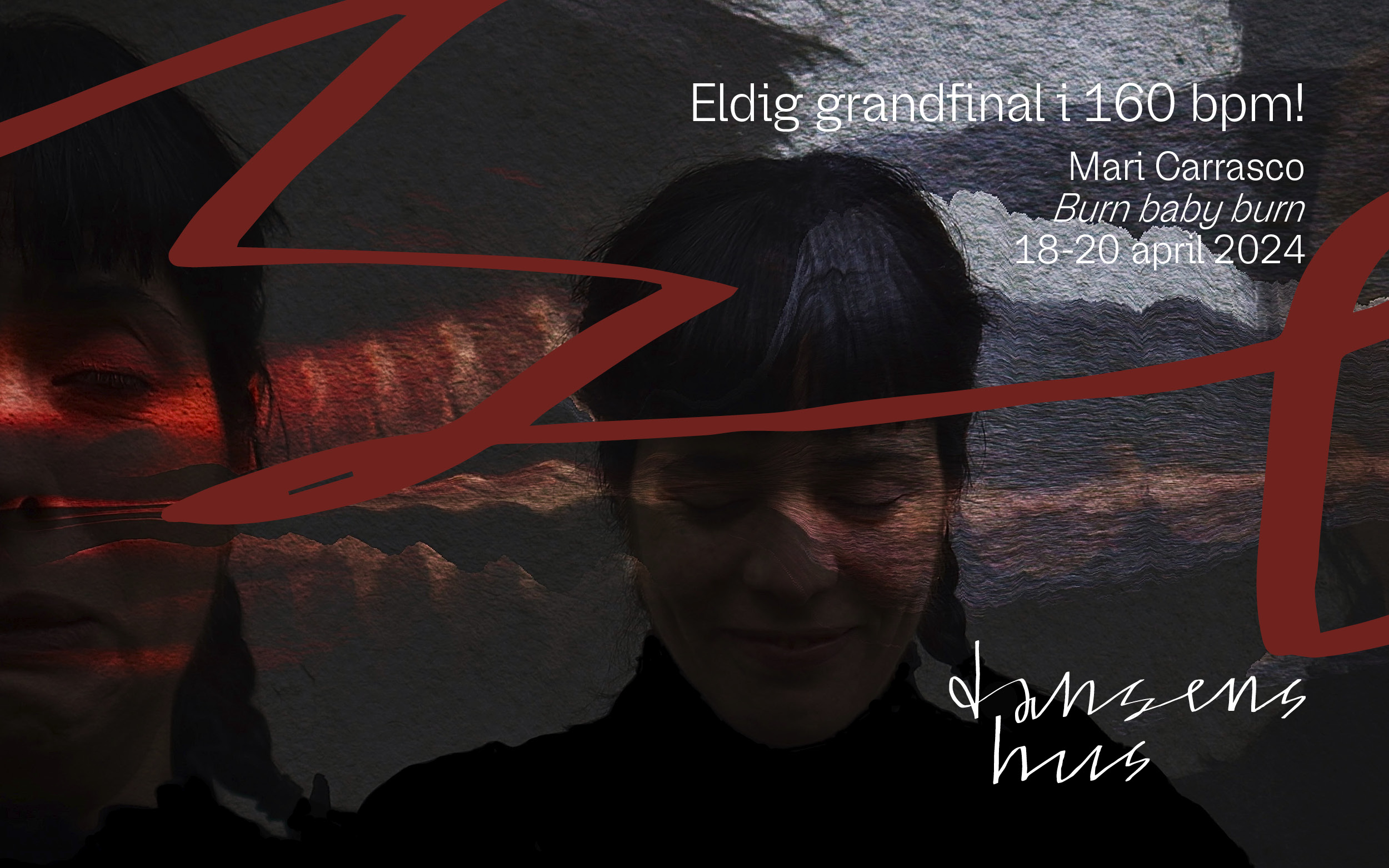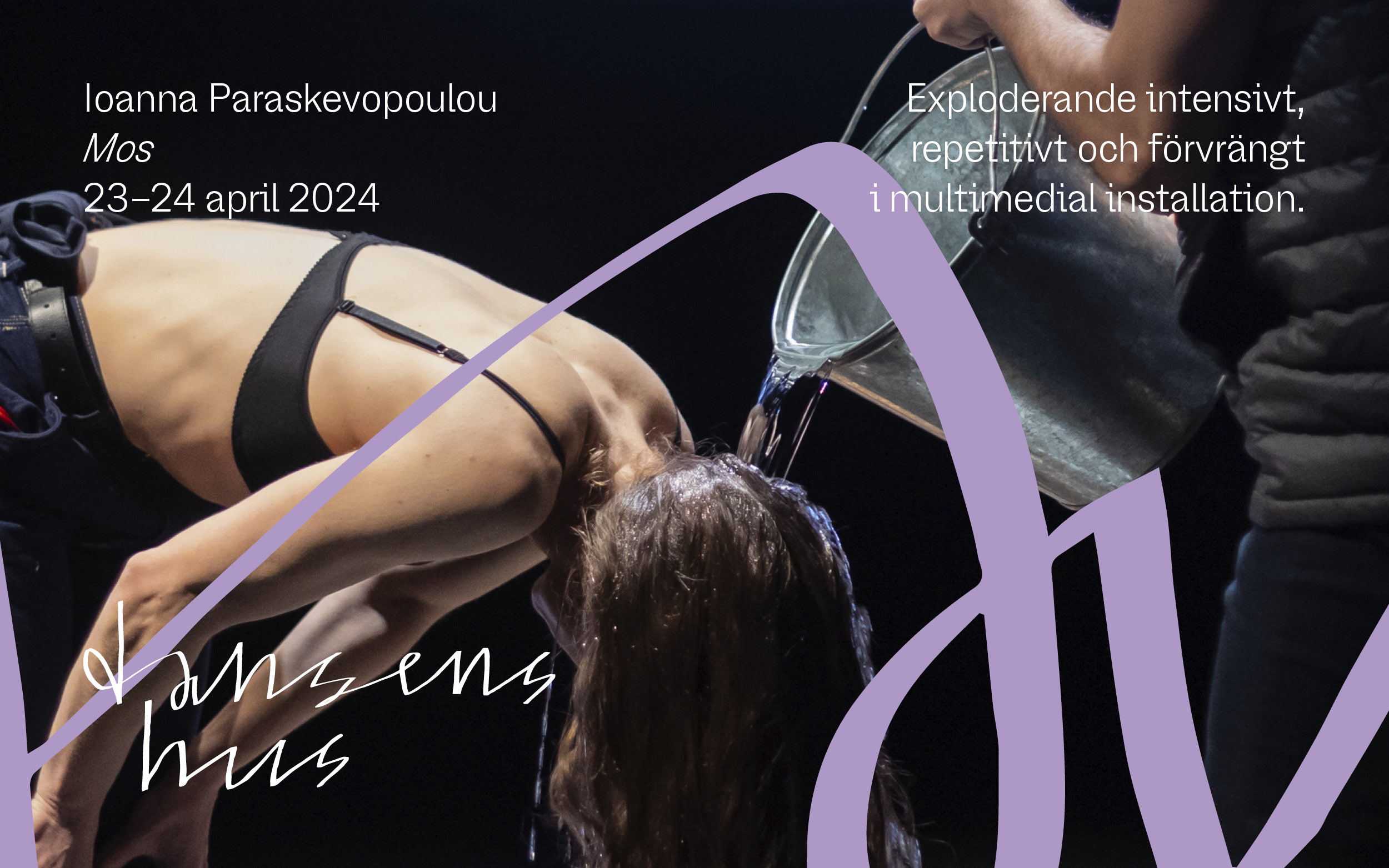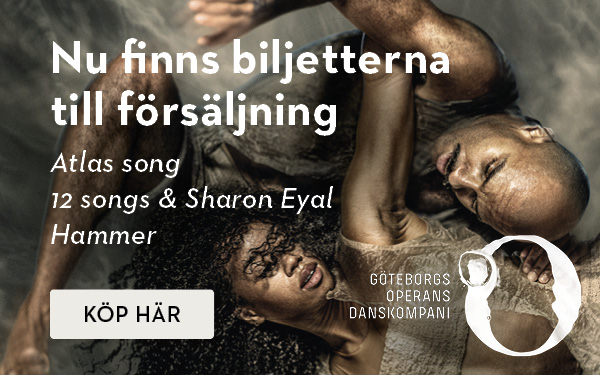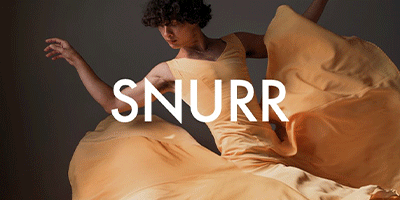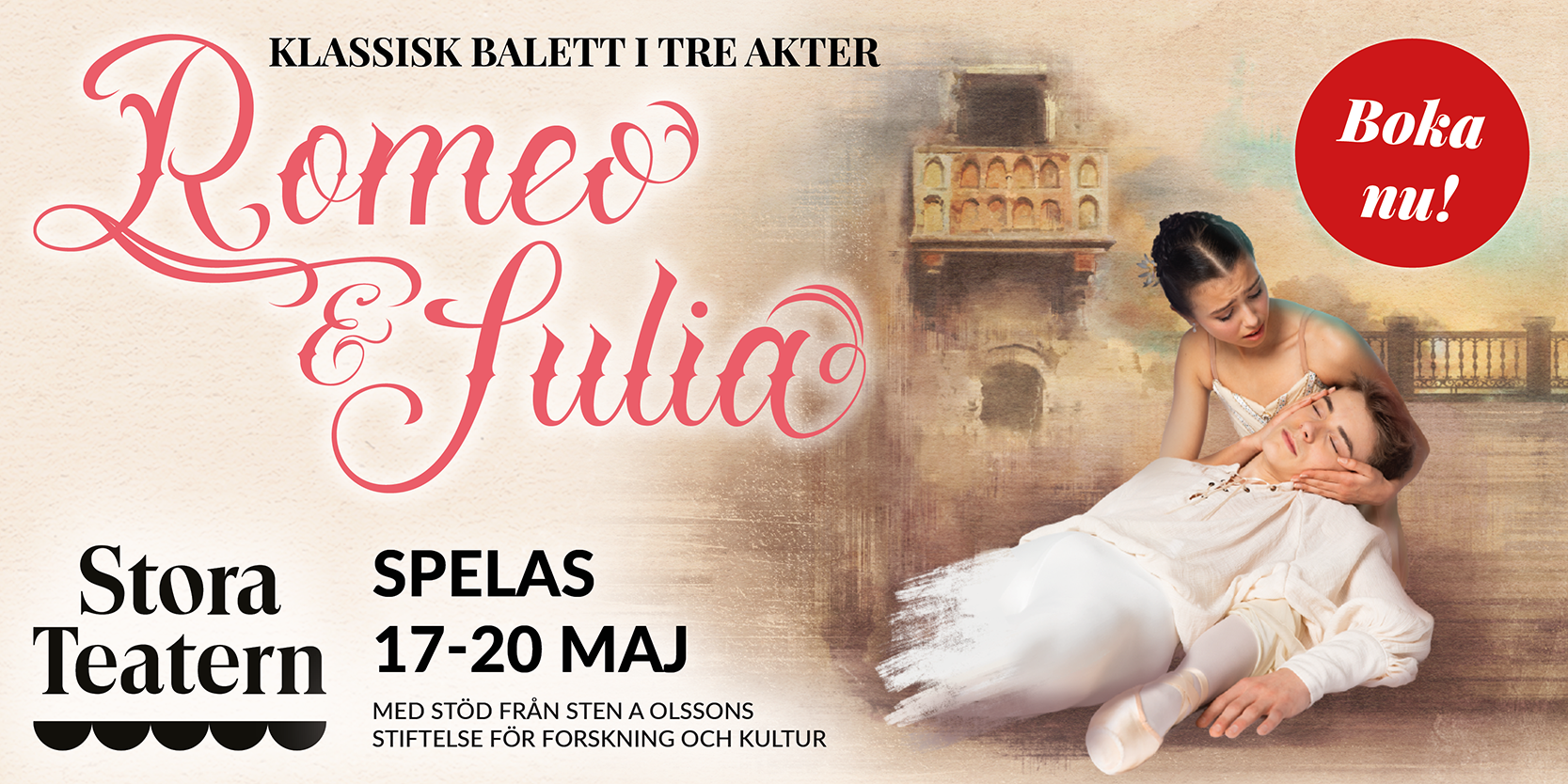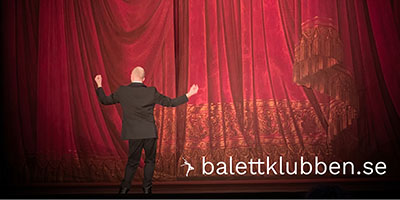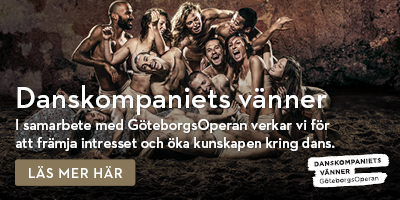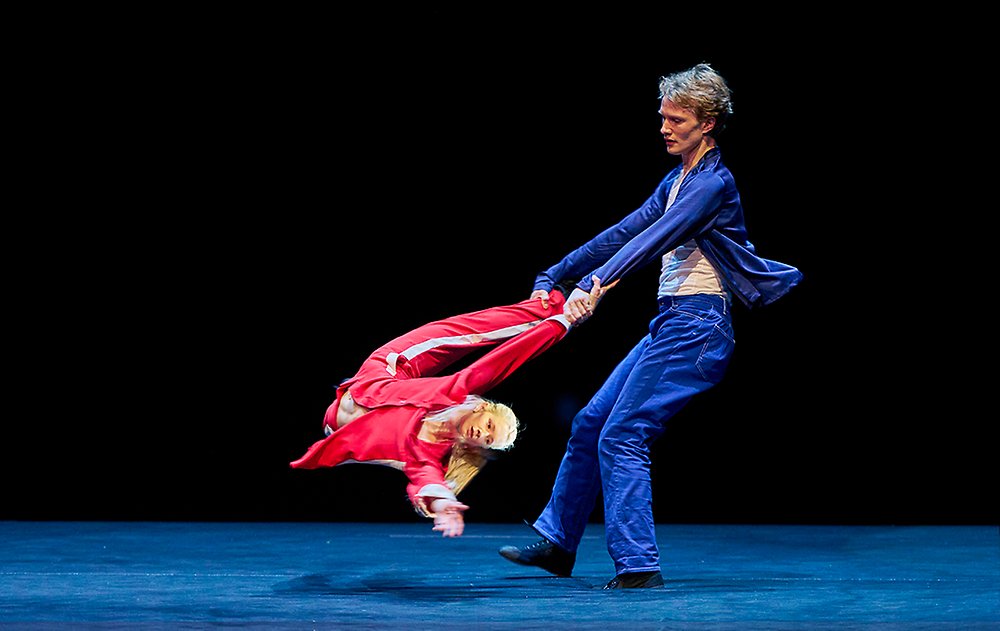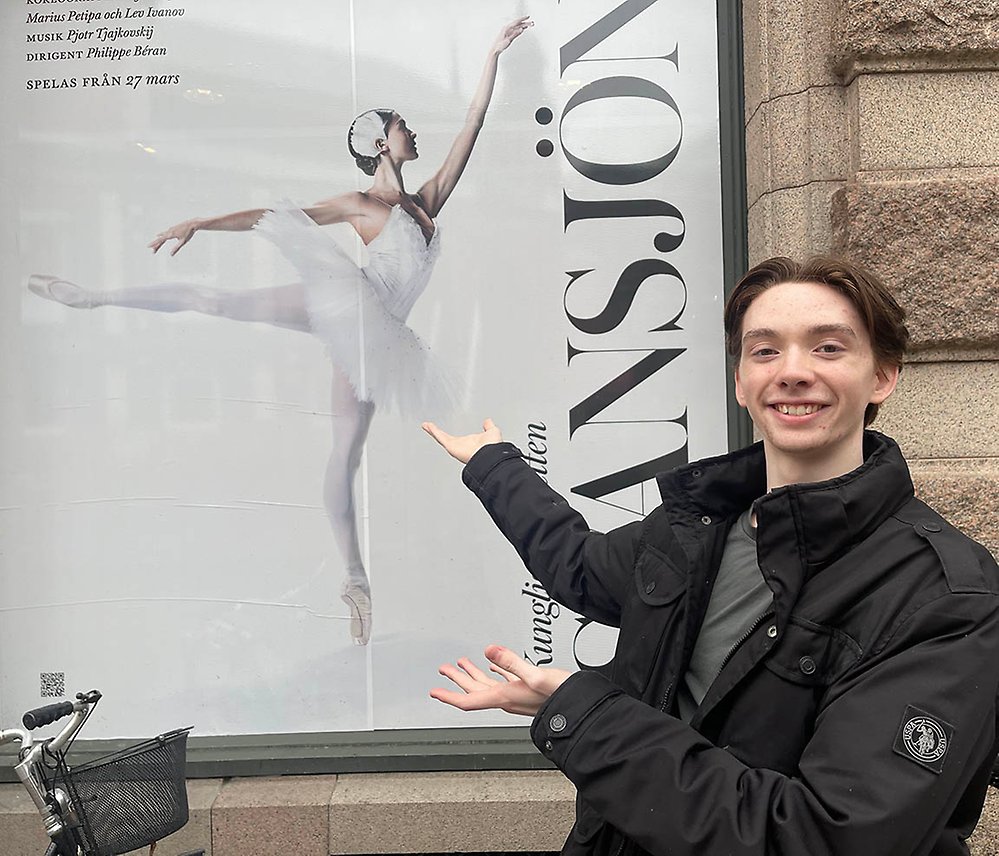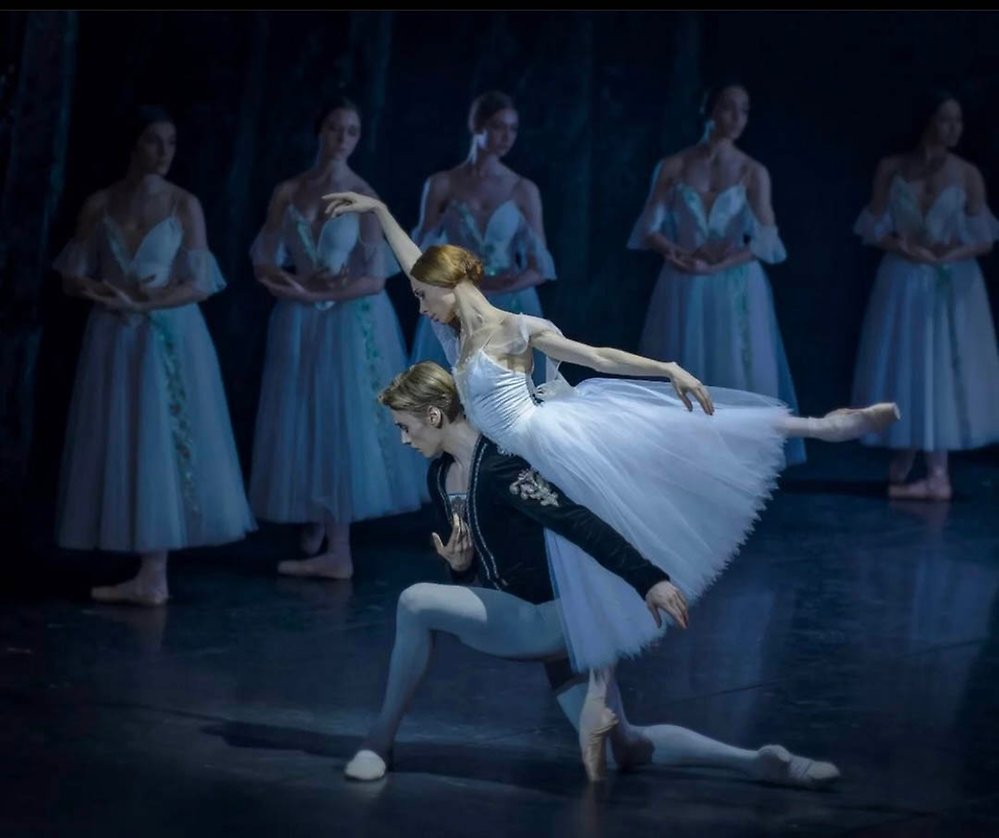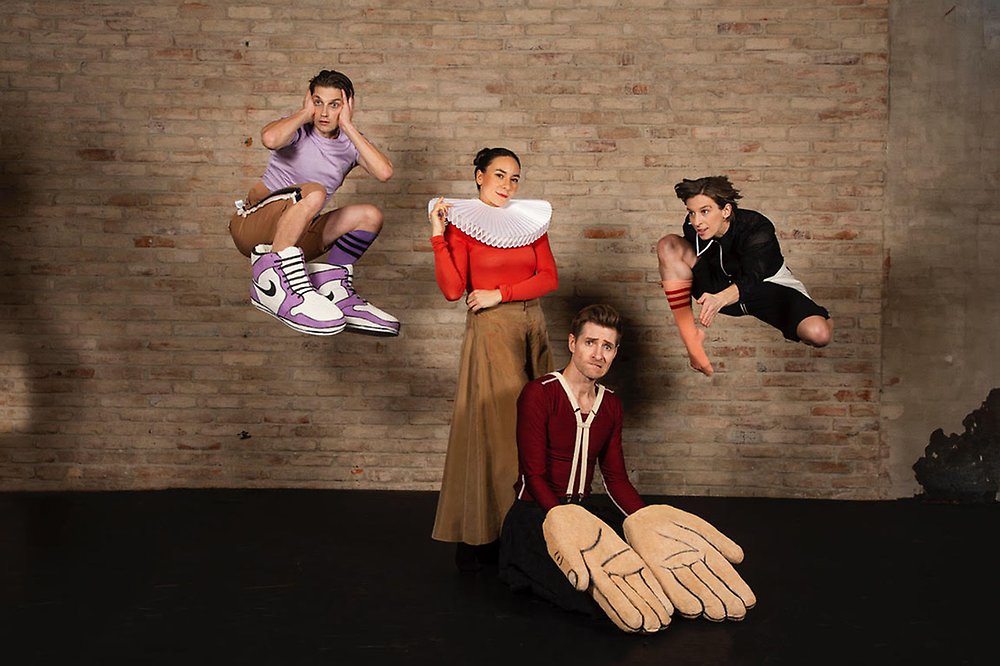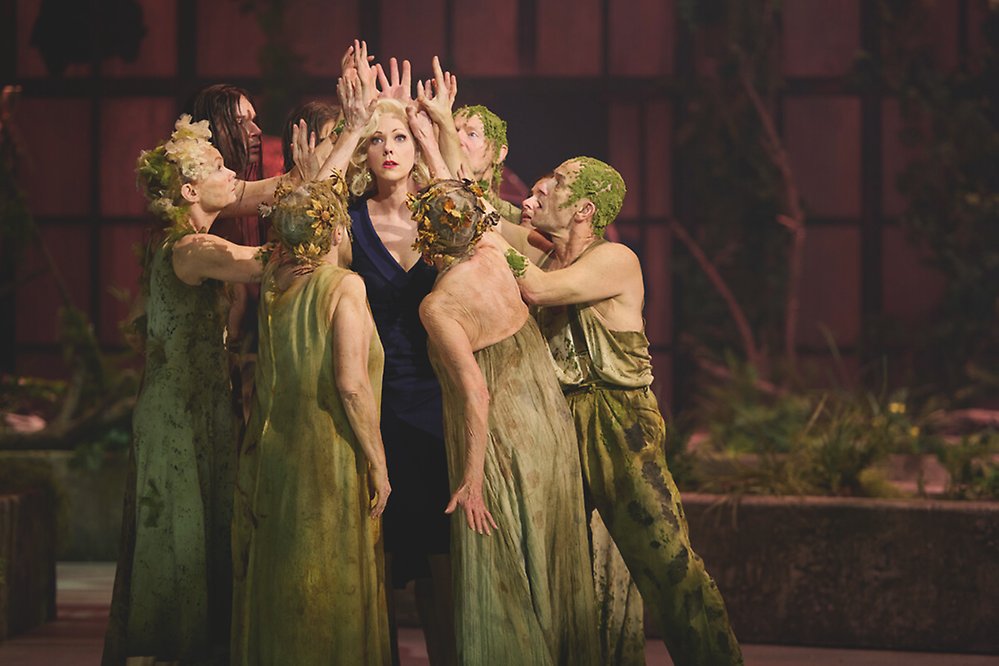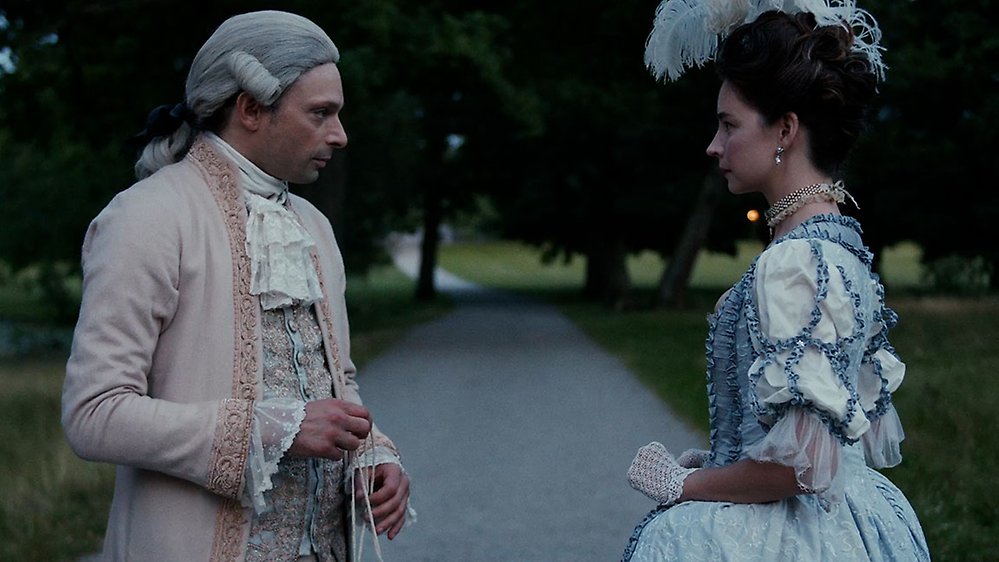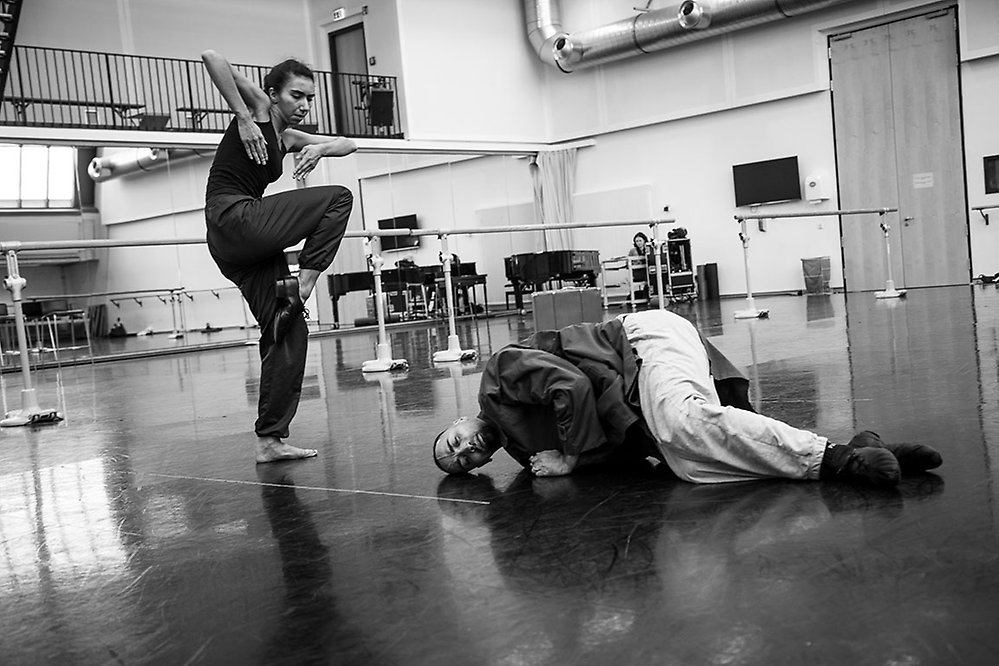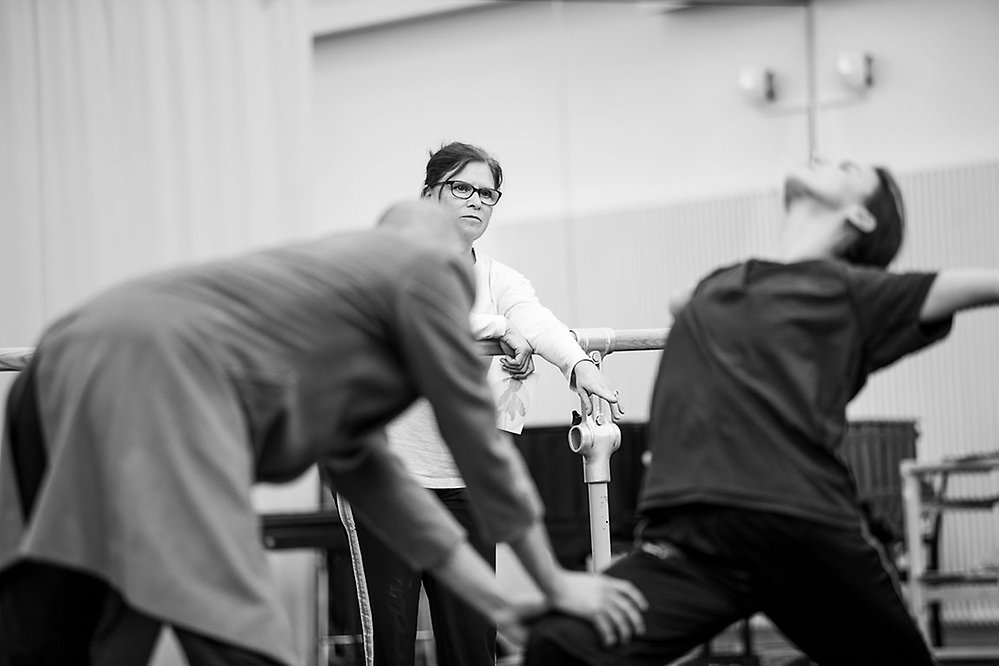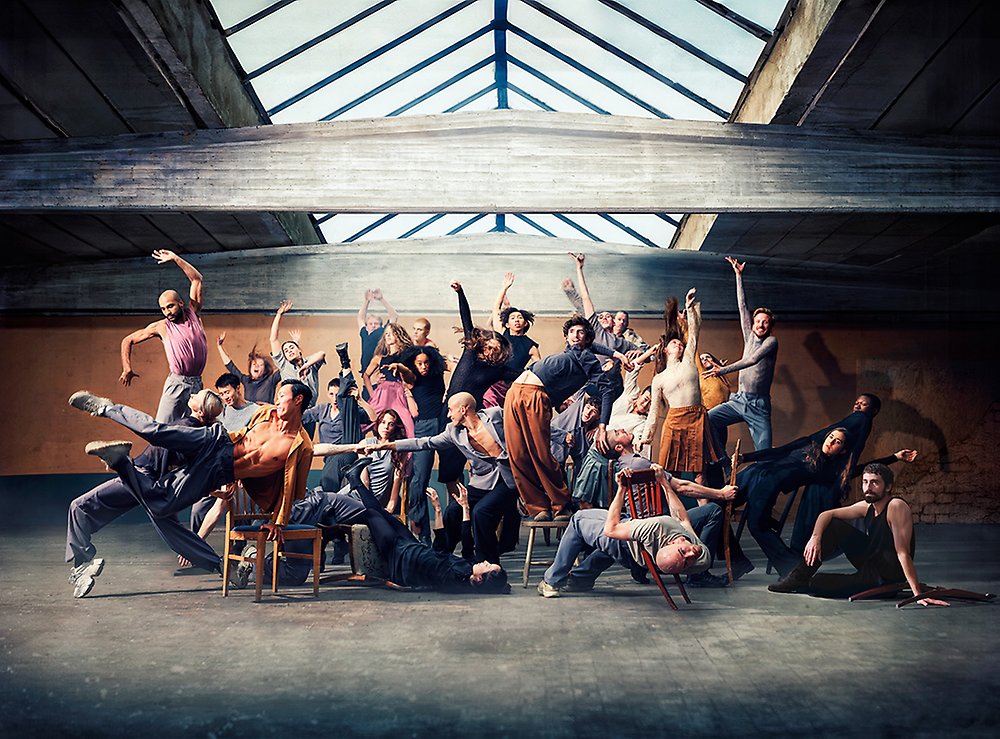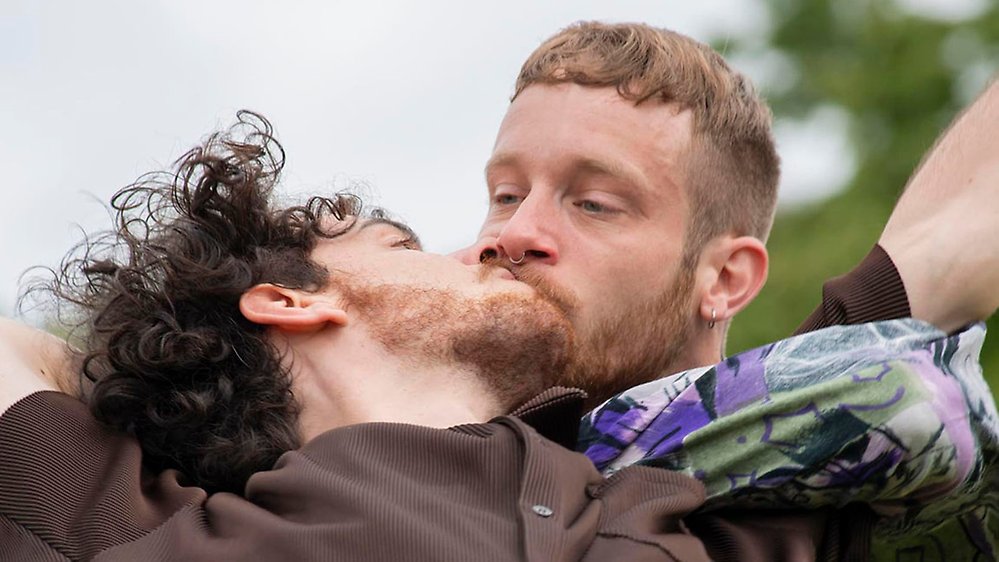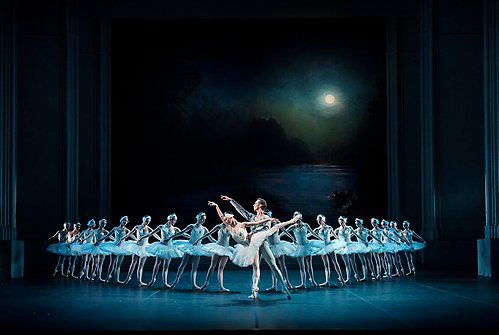Artiklar från 2008 – till idag
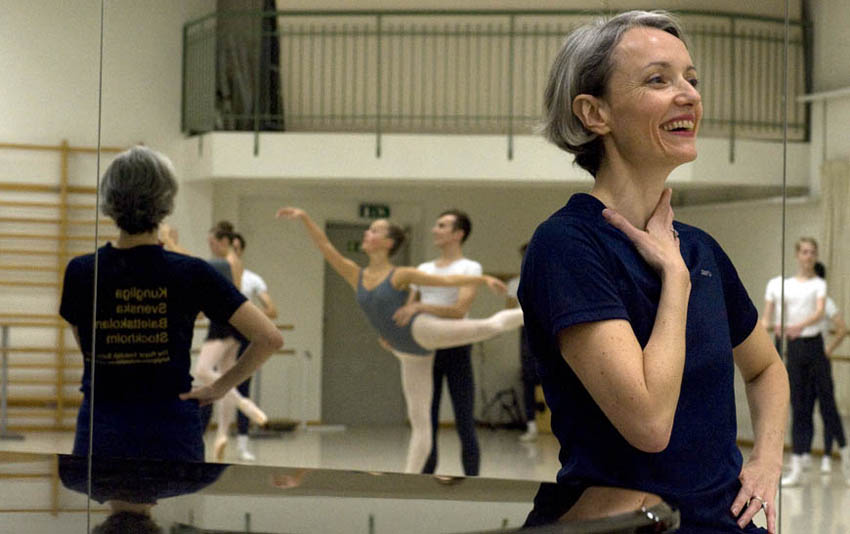
Clairemarie Osta le Riche in Studio Svalberg at the Royal Swedish Ballet School. Photo Cristian Hillbom
“You need to be a nice personality to be hired. That you are a good dancer is obvious.”
STOCKHOLM: With a new principal of the school – Peter Green – and Clairemarie Osta, former dancer étoile at the Paris Opera as the responsible for the classical dance education at the school, there is an atmosphere of new air under the wings. This is one of the impressions I get talking to Ms. Clairemarie Osta le Riche in her office in Stockholm.
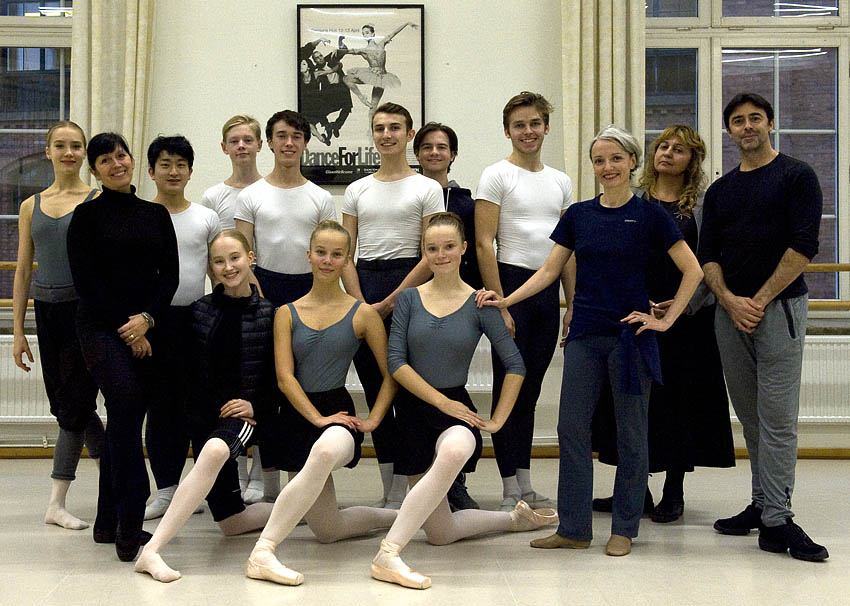
Standing from left: Inka Keränen, Marina Antonova Albouy, Reita Miyashita, Carl Sjögren, Liam Scott, Kale Lazarick, Vilhelm Koskela, Fabian Von Lindern, Clairemarie Osta, Janna Mattsson Sarkisova, Guy Albouy. On knee: Ida Laukkanen, Josefine Heidel, Felicia Andersson. Photo Cristian Hillbom
Who is she? Clairemarie Osta grew up in Nice, France. She started to dance at the age of five. Her early days seem to have be harmonious with no pressure whatsoever to” become something” in dance. She said she felt like a dancer from the beginning! This relaxed attitude must have been healthy, while many students of today are torn apart between dreams and expectations.
The private school she went to had athletic training, but let the students perform on stage early. Clairemarie says that she very much appreciated the acting, the mime, the use of the body, the transforming, everything you can do on stage when you perform. This school had no connections with the professional world, she explains, although her teacher was very good.
Eventually she entered the Conservatoire, where a former dancer from the Marquis de Cuevas company told her to go Paris. Young Clairemarie asked why?
“To become a dancer!”
” But I already am!” Clairemarie said…
” Not yet”, was the short answer.
At fifteen she went to Paris and after 2 years in the Conservatoire Superieur she joined the school of the Paris Opera, for the last year of education. She says it was unexpected, because she really did not think that was her path. It was also very hard to start this physical challenge so relatively late. It occurs that students come from “outside” to the Paris Opera ballet school, but then maybe you need to be even better, she wonders.
Nevertheless, not even then she felt a pressure to succeed. Her career has developed through her experiences, she remarks several times. She was happy to benefit from all the culture to be found in Paris, le Louvre, with all its art for example. This was very inspiring to her. To become a star in the Paris Opera Ballet one must have a great talent, I wonder? Clairemarie answers that the two years in the Conservatoire she worked extremely hard. In the ballet school here in Stockholm they have the possibility to dedicate more hours and an open mind to different styles, she explains.
Talking about style, what is the alignment in the Paris Opera ballet school?
Clairemarie says that when she now can look back, the French style can be defined as a mixture of influences from Russia [Vaganova] Italy [Cecchetti] and from the north, like Bournonville. She describes how French elegance and Italian virtuosity have come together. Not only in the school but how strong personalities among the artists inspire the teachers. The whole theatre embraces this creativity. Also, choreographers working at the opera made their impacts on the school. She mentions Balanchine, Serge Lifar and specially Nurejev who was very involved in the education.
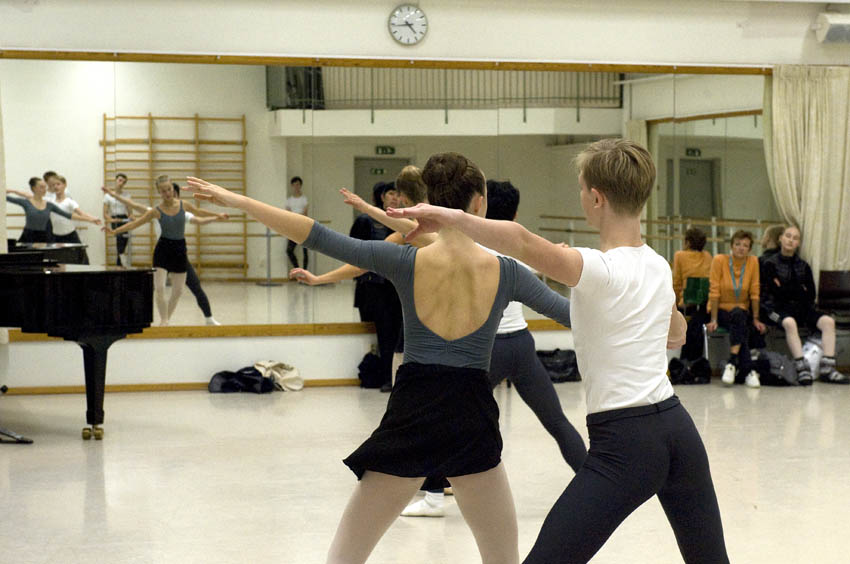
Felicia Andersson and Carl Sjögren. Photo Cristian Hillbom
“It is a great challenge to see what a dancer can do, what is their special talent. We have a possibility to find it. You need to have patience, you wait a year, and someone can have a fantastic development.”
“You need to work together with a student. To be able to adapt in some ways to help a student to bloom, is one thing that might not be possible in Paris. It's not only better, it can even be great! Small boys can be taken care of, and when they are ready get into real classes.”
At first these things seemed impossible to her, but she realized that it can be done and Clairemarie is enthusiastic.
On a question about the school in Gothenburg a better cooperation is about to be established, as she sees it.
The contemporary and classical lines in the school divides not until in high school, and Clairemarie says the sculpting of the body in ballet is important for all future dancers.
Many students are versatile in style, but it ends with where your taste and inspiration are. They try to organize the schedule to fit all these needs. To be a pure classical dancer the recipe is special and important.
She explains how she understands the ways of a dancer’s personality and interests and how the school tries to meet them.
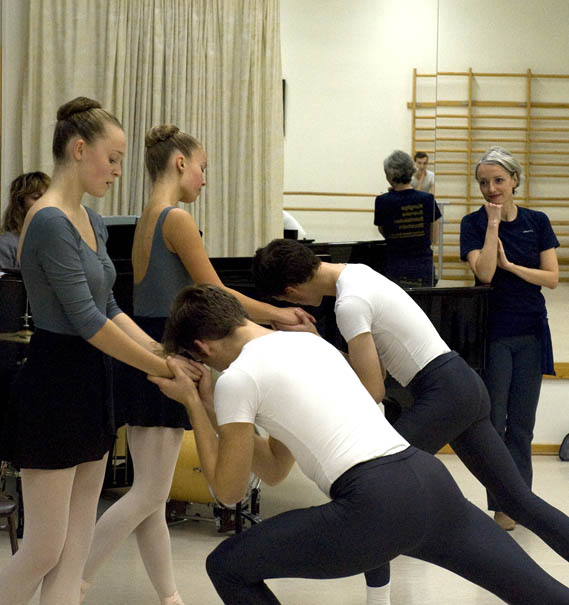
Rehearsal with a piece from Paquita. Photo Cristian Hillbom
Her impression is that her students are very passionate and understands the work they need to do. It seems to exist new links between companies in Europe as well as in Sweden to have students as apprentices at the theatre. This is her goal for the school. Connection to the professional world is very important.
Clairemarie emphasizes the good will she has experienced since she started her work. In meetings with the board, she experiences that people are willing to listen to each other and discuss ideas.
With new people and projects both at the Opera house and the company and in the school the changes are already notable, people feel a difference, she says.
She describes a very positive attitude with a good will and suggestions for improvements, everybody participates in the work. She says she really hope this mood of moving forward will stay and continue to be strong.
On a question about the financial situation of the school, she explains that the new headmaster has a background in economics which makes a solid and stable ground. There are always problems to be solved and more money needed but Clairemarie does not seem worried in this matter. She says you always must be careful in big institutions with many people employed but the staff working with the funds has her confidence. It seems to be enough money for planned projects, she adds with a big smile.
Clairemarie has a strong opinion about a very important question. It is about how to select people trying to become dancers.
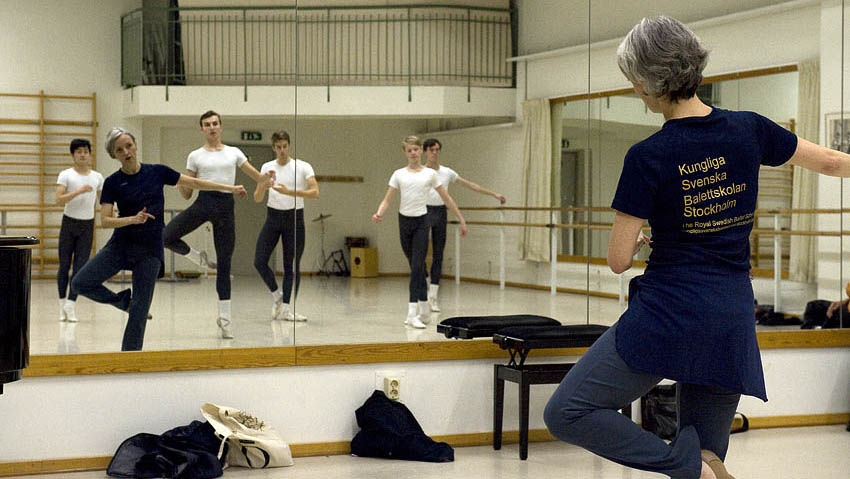
Reita Miyashita, Clairemarie Osta, Kale Lazarick, Fabian Von Lindern, Carl Sjögren och Liam Scott. Photo Cristian Hillbom
Now, we need to talk about today! How do you like to live in Stockholm?
Clairemarie is happy to be in Sweden, she says. Coming from Paris, Stockholm is a very peaceful city. But still connective, still a capital but with less people, less noise, less bad air. Really nice quality of life!
Her thoughts regarding the Royal Swedish Ballet School are that there are historic links between France and Sweden. A major issue for her is to contribute with new dynamics and choreographic projects to develop the tradition of today.
About teaching, Clairemarie has no doubt that she was fascinated by teaching already as a child. Of course, the creative period on stage was rewarding, but she had a curiosity about the search for how to do movements, both mechanically, physically and emotionally.
The mentorship between the experienced dancer and the young pupils is of the greatest importance, she says. Her interest led to an ambition to become a master one day. Good teachers sharing their knowledge is invaluable, she says. It is all about to share and transmit. It is not like books or other studies.
The connection between the school and the theatre is nowadays gone in most opera houses in the world and the education has a broader alignment.
Clairemarie has a project with classes on different levels for the students to both be creative and to visit their environments which stem from several eras. She wishes to make the students able to find their best way to express themselves and discover what it is to be an artist.
When Clairemarie arrived in Stockholm it was primarily because her husband was starting his directorship with the Royal Swedish Ballet.
Her vision is to integrate her knowledge from, not exactly the Paris Opera school, but a very professional approach into the Swedish student’s reality. Clairemarie is aware that the Swedish society is different and that she can´t copy the exact model that she grew up with. It is a challenge for her to make a balance for the kids to understand how to become an artist. She wishes to create a dynamic atmosphere.
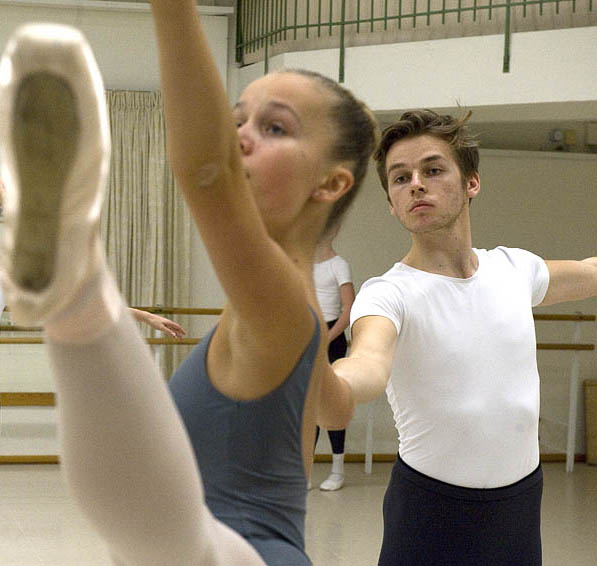
Josefine Heidel and Fabian Von Lindern. Photo Cristian Hillbom
Now I am curious about the French, or Parisian, system with different stages that you must pass to make progress in a strict hierarchy. Clairemarie says all the tests were of course stressful. She had also other options, like going to Roland Petit in Marseille or companies in Germany. But, since it went well for her she followed the path into the Paris Opera ballet.
Let's return to the earlier days for a moment. Clairemarie took interest in tap dancing as a child. How come, I ask?
“It began as a hobby on holidays. Then I took some classes for a performance in Nice. Later I broke my foot, and did tap dancing as recovery training, and there was an American teacher in Cannes.”
But obviously there is a little more in this. Her eyes sparkles, and her hands gesticulates vividly when telling me how she deeply enjoys rhythm.
“I really feel comfortable, it is my element”, she says. “After my retirement from the opera I practiced flamenco.”
Madame Osta le Riche received the French legion of honor in 2012. What did that mean to you?
The answer goes beyond her own person. It means a recognition of the artists place in society, not for her own fame but for the development of the arts in the appreciation and value of the culture, the attention from politicians for example. She thinks that France in this way shows respect for the art of ballet and dance internationally.
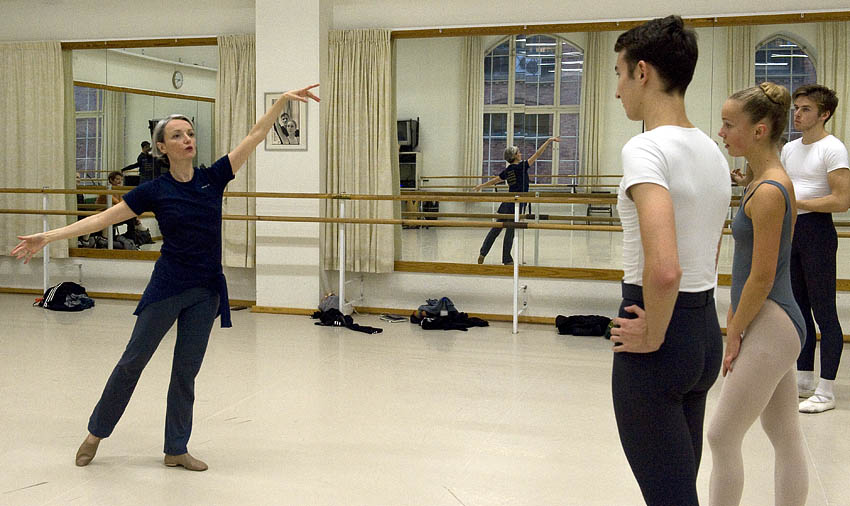
Clairemarie Osta with Kale Lazarick, Josefine Heidel, Fabian Von Lindern. Photo Cristian Hillbom
To dancers in audition in front of a choreographer, she gives her advice.
“You need to be a nice personality to be hired. That you are a good dancer is obvious. You have maybe two minutes to show this! These people know in minutes with who they want to work. This has nothing to do with how many pirouettes you can do.”
How do you feel about the future?
“First, change is welcome!”
“There will be changes of the days schedule in blocks, there is no more to go from a ballet class early in the morning to a lesson in math. This is a huge and very important change. Many thought it would be difficult but when everybody agreed it could be done.” With the change, says Clairemarie, trust is coming back in the school.
I point out that the school of the Royal Swedish Ballet School in Stockholm has now the best overall grades in the city. This is a really good result. Students with special interests often make good accomplishment in all areas.
All in all, there is some new (maybe French) winds blowing in the school.
Marie Louise Waldenström
21 January 2019
-
Yoann Bourgeois tillbaka till Göteborgsoperans Danskompani med ett sant styrkeprov
Efter fyra år är det dags igen för den franske koreografen Yoann Bourgeois att återvända till Göteborgsoperans danskompani. Denna gång för verket We loved each other so m...
-
Spot on Darrion Sellman – dancing the leading role Siegfried in Swan Lake
In August last year Darrion Sellman arrived to Stockholm and joined the company. Darrion says: “It has been a change to come to Stockholm. A vibrant city, small but calme...
-
Kalle Wigle nyutnämnd solist vid Staatsballett i Berlin
Dansportalen gratulerar svenske dansaren Kalle Wigle som nyligen utnämnts till solist vid Staatsballett i Berlin.
-
Succéduo skapar nytt efter segertåg i Sverige och Europa
Intervju Hugo Therkelson och Tobias Ulfvebrand
-
40 år senare: En dansares triumf över tidens utmaningar
Förra sommaren ringde telefonen hemma hos Heléne i Kungsbacka. I lördags den 16 mars gjorde hon comeback på scenen efter nära fyra decenniers frånvaro och dessutom debut ...
-
Fart och kunnande på Pro Dance Galan 2024
Gamla operabyggnaden vid Bulevarden är ett Dansens Hus även om ett nyare Dansens Hus numera finns i Helsingfors, det också i centrum. Båda har sin publik, och båda behövs...
-
Svenske dansaren Kalle Wigle har stora framgångar i Berlin
Kalle Wigle är utbildad vid Kungliga Svenska Balettskolan och vid Royal Ballet School i London. Han fick anställning vid Operan i Stockholm 2016. Från hösten 2023 är han ...
-
Timulak/Portner två olika verk men med flera beröringspunkter
Från och med 9 februari och nästan en månad framåt dansar Kungliga Operan i Stockholm Totality in parts av Lukás Timulak och Bathtub Ballet av Emma Portner . De båda koreo...
-
På jakt efter det fullkomliga: nationens skickligaste dansare och – smultron!
Balettpedagogernas förbund ordnar vartannat år i Finland en nationell balettävling, i år 20-21 januari. Ett råd av balettkonstnärer med bakgrund som meriterade dansare ha...
-
Young Choreographers en föreställning där dansare från Kungliga Operan koreograferar
Tisdagskväll på Kungliga Operan i Stockholm och det är premiär för Young Choreographers. Dansare från ensemblen får chansen att pröva egna idéer och koreografera sina kol...
-
Operans VD Fredrik Lindgren: På sikt vore det fantastiskt att få ett nytt Operahus i Stockholm
Kungliga Operan är en 250-årig kulturinstitution i hjärtat av Stockholm. Över 500 anställda levererar hyllade föreställningar med utsålda hus. Dansportalen har samtalat m...
-
Från Svenska balettskolan i Göteborg till ungerska Statsoperan i Budapest
Det började med 6 år på Svenska balettskolan i Göteborg med start i årskurs fyra för Mattheus Bäckström och Auguste Marmus . Mattheus gick ut 2017 och hade då blivit antag...
-
Joseph Sturdys verk Lucid Episode inleder nyårsgalan på Kungliga Operan
Vi befinner oss på Kungliga Operan. Det pågår repetition med två dansare som är med i Joseph Sturdy s verk Lucid Episode som inleder själva nyårsgalan den 31 december.
-
Göteborgsoperan sjunger in julen med En Julsaga
Göteborgsoperan avslutar december månad med nypremiär på musikalversionen av Dickens En julsaga . Föreställningen är breddad med humor och medmänsklighet. Adams julsång bl...
-
Nötknäpparen, nypremiär på Kungliga Operan i Stockholm efter fyra års uppehåll
Det är nypremiär av Pär Isbergs Nötknäpparen på Kungliga Operan i Stockholm. I salongen sprids julstämningen och publiken får vara med om en dansant och virvlande berätte...
-
Giovanni Bucchieri – en konstnärlig kameleont
Det är premiär för filmen 100 ÅRSTIDER . Upphovsmannen har gått från dansare till multikonstnär. Möt regissören Giovanni Bucchieri i en personlig intervju med Dansportalen...
-
”Mycket talar för att vi inte kommer att kunna vara kvar där vi är nu,” säger Hans Lindholm Öjmyr, ny chef för Dansmuseet
Hans Lindholm Öjmyr är filosofie doktor i konstvetenskap och har skrivit en avhandling om scenografi på 1800-talet vid Kungliga Teatern/Operan. Hans har tidigare varit av...
-
In a heartbeat, ny världspremiär på Göteborgsoperan
In a heartbeat bekrivs som ett pulserande dansbubbel och på Göteborgsoperan är det nu världspremiär allhelgonaafton på stora scenen för Hofesh Shechter s verk Wild poetry ...
-
Le Corsaire, svensk premiär på Kungliga Operan med virtuos dans och teknisk skicklighet
När Kungliga Operan för första gången ger Le Corsaire bjuds det på en dansfest. Verket som hade sin urpremiär på Parisoperan 1856 kommer till liv och publiken får möjligh...
-
New talents join the Royal Swedish Ballet
Eleven young dancers join the Royal Swedish Ballet company this season. We are thrilled to see them on stage! On October 27, this season's grand premiere of Le Corsaire w...
-
Där låg onekligen ett skimmer över Gustavs dagar
I Livrustkammarens visas den största satsningen på flera år på en tillfällig utställning i samarbete med Kungliga Operan – öppnas 20 oktober, Teaterkungen: Prakten, makte...
-
Attityder som uppskattades
I Drottningholmsteaterns déjeunersalong gavs i september in innehållsrik, högklassig presentation av ett forskningsprojekt som genomförs på Kungliga Musikhögskolan och fi...
-
Spot-on Kentaro Mitsumori, dancer with the Royal Swedish Ballet
Kentaro Mitsumori has been a member of the Royal Swedish Ballet since 2017. We have seen him in many roles, in Swan Lake, Cinderella, Don Quijote, The theme and variation...
-
Kalle Wigle-Andersson får stipendium från Jubelfonden
Kalle Wigle-Andersson: Jag är utbildad och diplomerad vid Royal Ballet Upper School, London 2016. Innan dess gick jag på Kungliga Svenska Balettskolan 2006-2014. Sedan mi...
-
Wicked, musikalen om häxorna i Oz
Göteborgsoperan inleder sin höstsäsong med den mytomspunna succémusikalen Wicked. Exakt tjugo år efter Broadwaypremiären 2003, sätts den nu upp för första gången i Sverig...
-
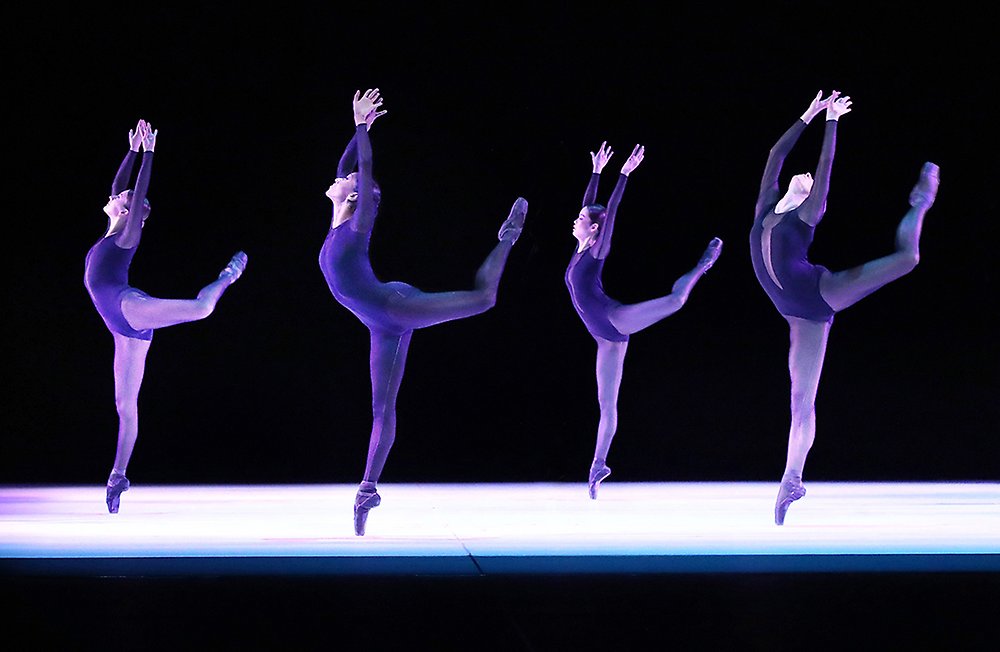
Balettgalan i Villmanstrand är sensommarens succéevenemang
Balettgalan i Villmanstrand vid Finlands östra gräns gavs i år för 12:e gången och var igen en succé med både nationella och internationella dansare. Galans grundare och eldsjäl Juhani Teräsvuori hade...
-
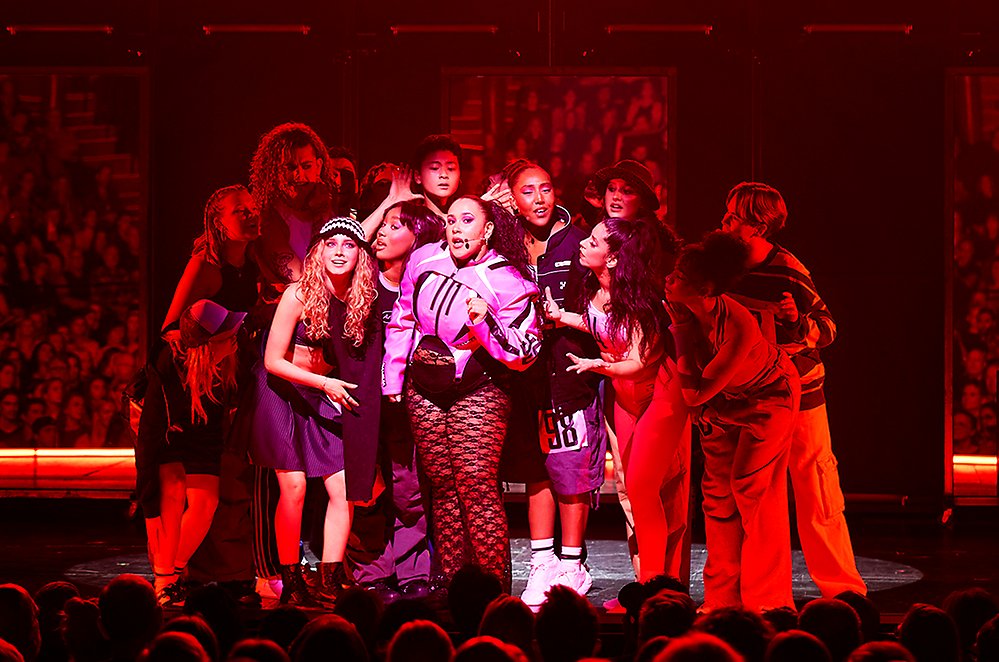
Möte med Fredrik Benke Rydman om ”The One”
Det är mannen från dansgruppen Bounce, koreograf till egna versioner av Svansjön och Snövit bland mycket annat. Jag träffar Fredrik Benke Rydman på en liten thaikrog mellan repetitionspassen.
-
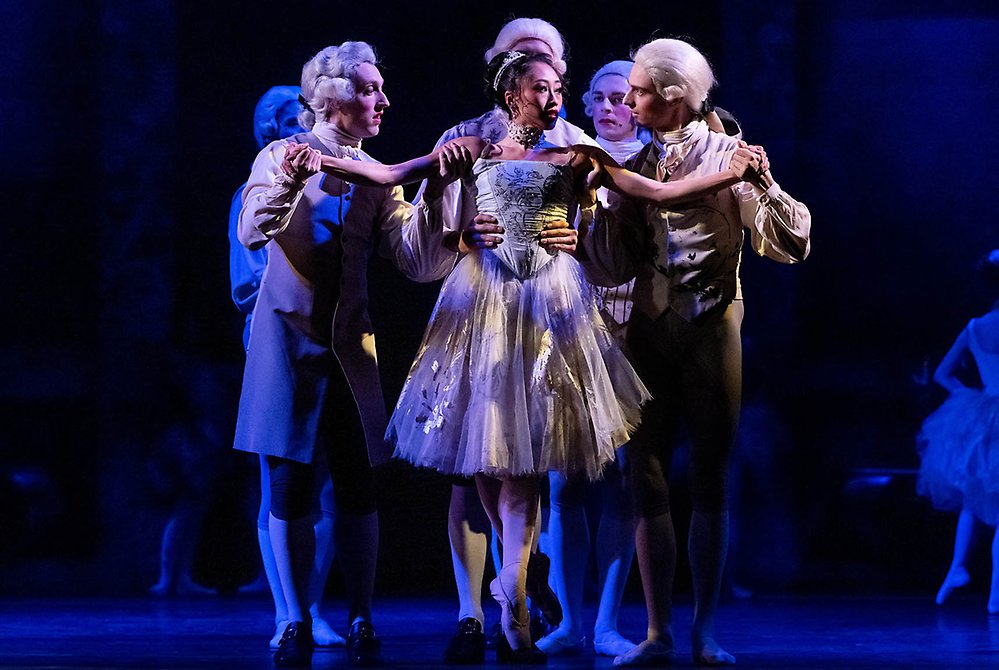
“A new look at it” – Lady MacMillan about Manon with the Royal Swedish Ballet
As part of the 250-year jubilee program of the Royal Swedish Opera and as a tribute to the long-lasting cooperation between the Royal Swedish Ballet and world-renowned English choreographer Sir Kennet...
-
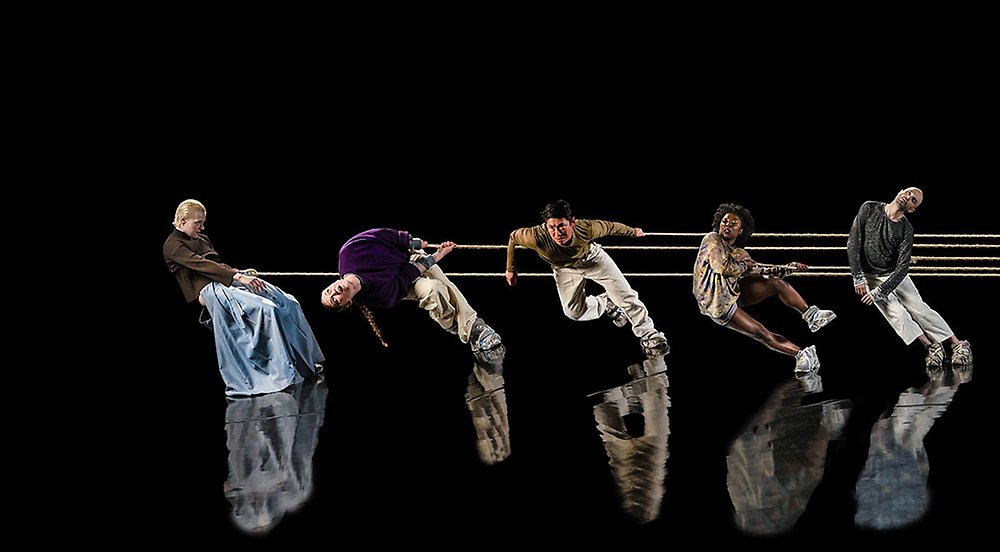
Urpremiär av episkt dansverk på Norrlandsoperan
Den 1 september bjuder Norrlandsoperan på säsongsuppstart för dans med urpremiär av den episka föreställningen Remachine signerad koreografen Jefta van Dinther . Ljus, ljud, röst, koreografi och scenog...
-
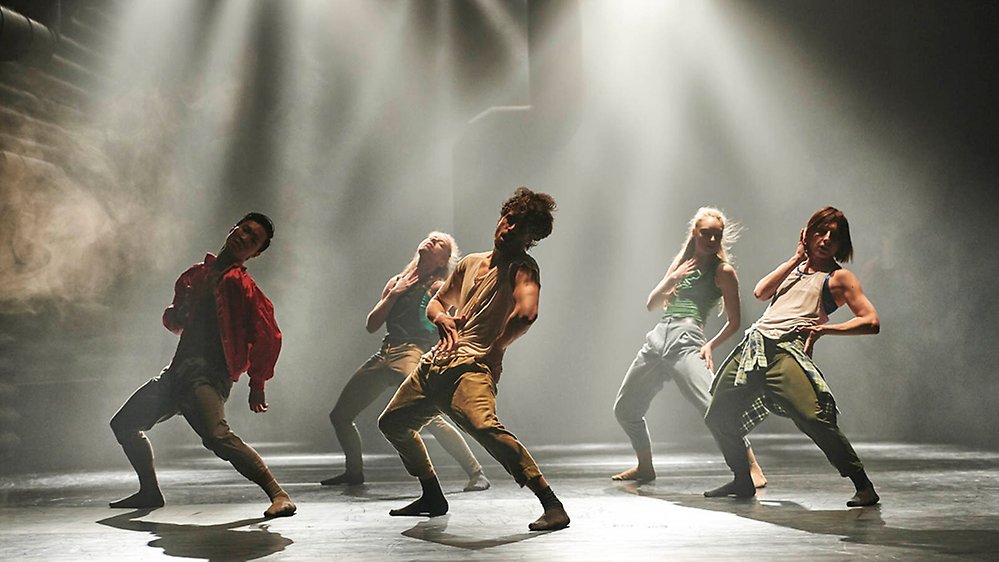
Contemporary dance av Hofesh Shechter på GöteborgsOperan
Danskväll med intensiv klubbfeeling, smittande glädje och en upplevelse som börjar redan utanför operahuset.
-
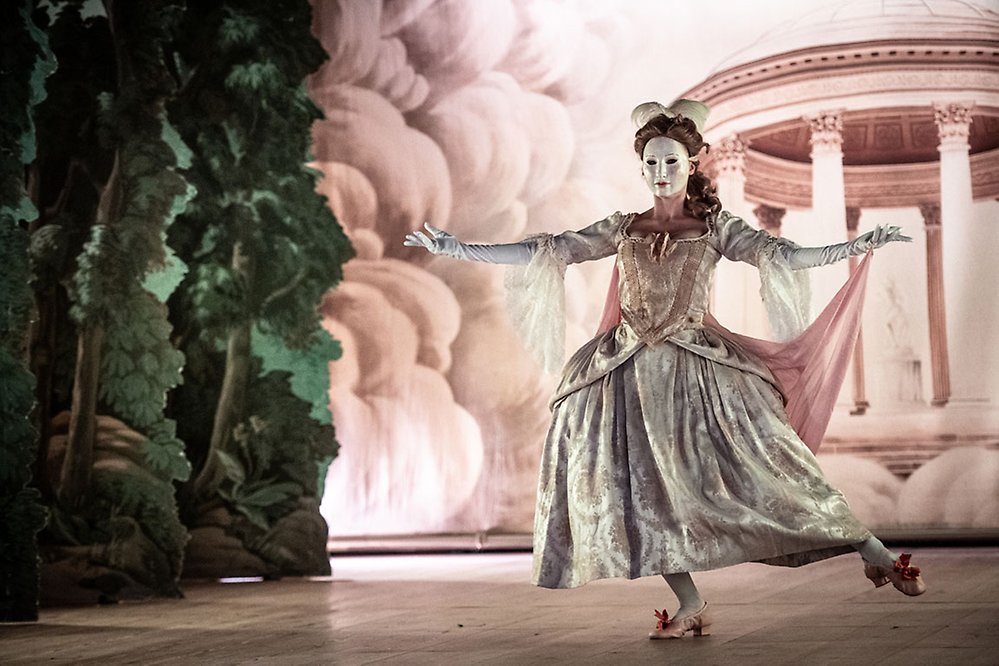
Julia Bengtsson – internationell barockdansös från Sverige
Höjdpunkten under årets förnämliga Opera- och musikfestival på Confidencen var iscensättningen av Jean-Philippe Rameaus opera Dardanus . I en annan föreställning, A Baroque Catwalk , gjorde Julia Bengts...
-
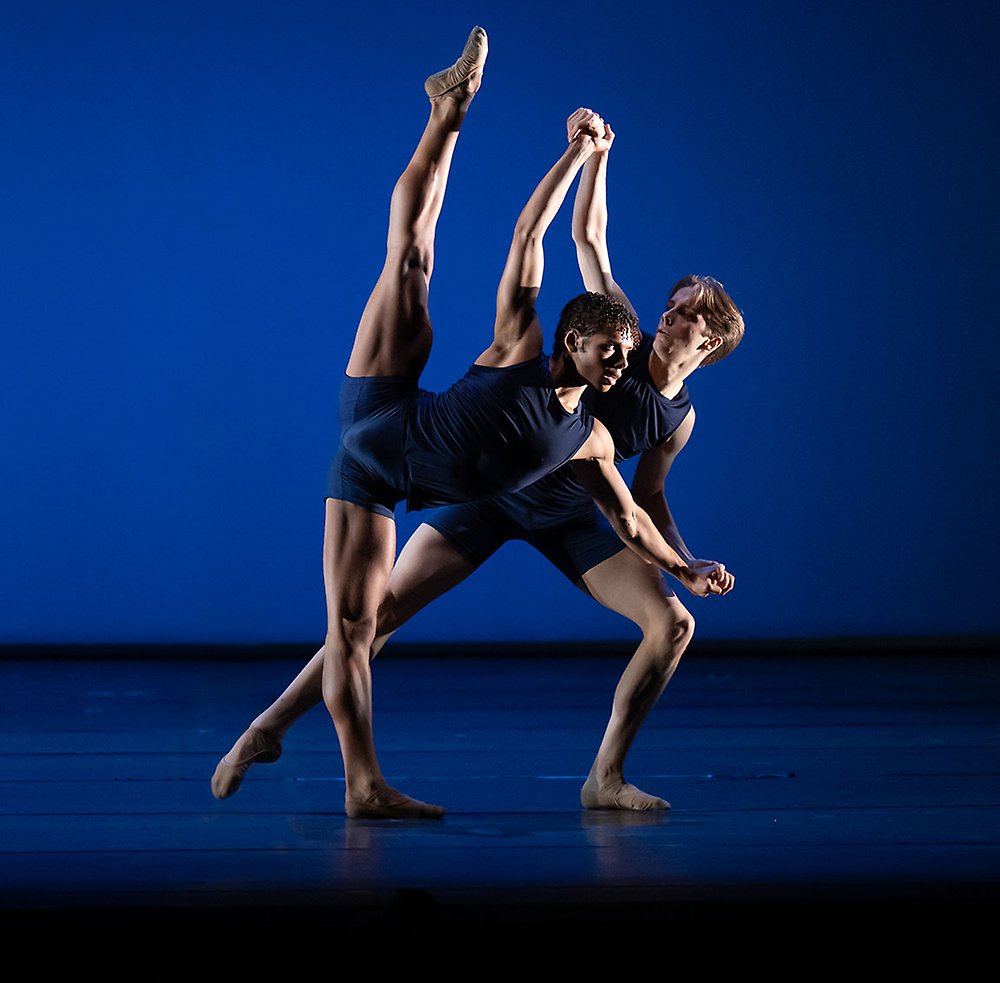
The Royal Ballet School Delights
Written on the faces of the dancers as they spin and leap in the ecstatic final moments of the Grand Défilé , is the smile that says, ‘I did it’. It’s what I look forward to year after year and it neve...
-
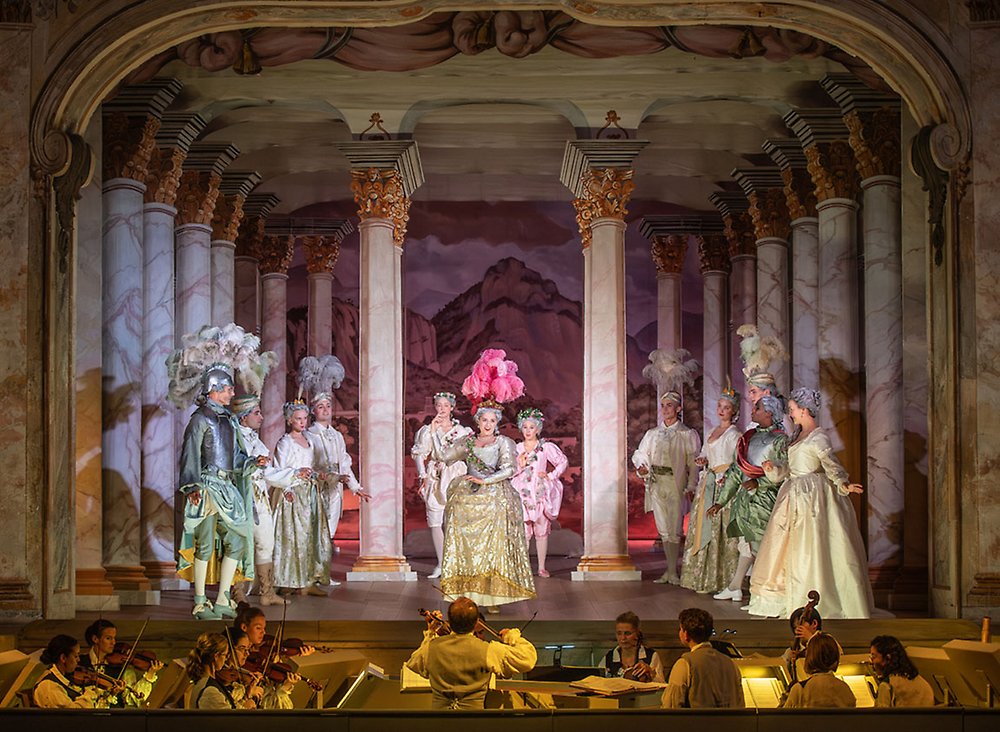
Ett barockt spectacle på Confidencen
Confidencen Opera & Music Festival inleds den 27 juli med Jean-Philippe Rameaus mästerverk Dardanus, som genom ett gediget arbete får sin nordiska premiär på Sveriges äldsta rokokoteater – 284 år efte...
-
Möt Vivian Assal Koohnavard dansare vid Staatsballett Berlin och aktivist
I Berlin träffade jag och arbetade med Vivian Assal Koohnavard. Vivian fick sin dansarutbildning i Sverige och Tyskland. Hon har varit anställd vid Berlin Staatsballett sedan 2018. Där deltar hon i de...
-
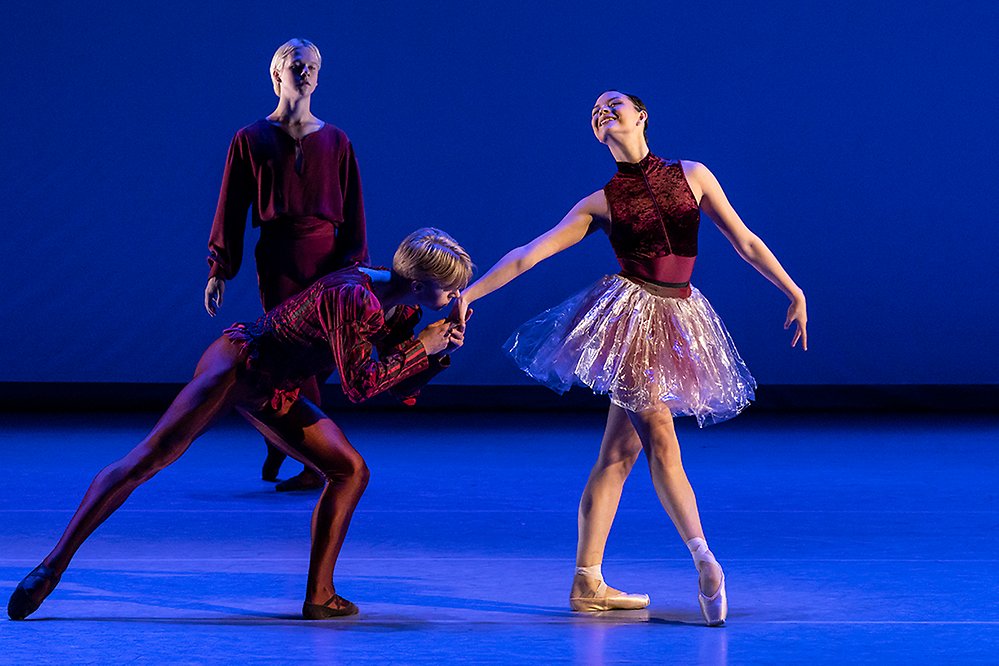
Peter Bohlin om Kungliga Svenska Balettskolans uppvisningsföreställningar
Skolårets sista föreställningar på KSB var uppdelade i fyra program. Några koreografier var storartade, andra inte. Här, mot slutet, ett försök att resonera om anledningar till detta.
-
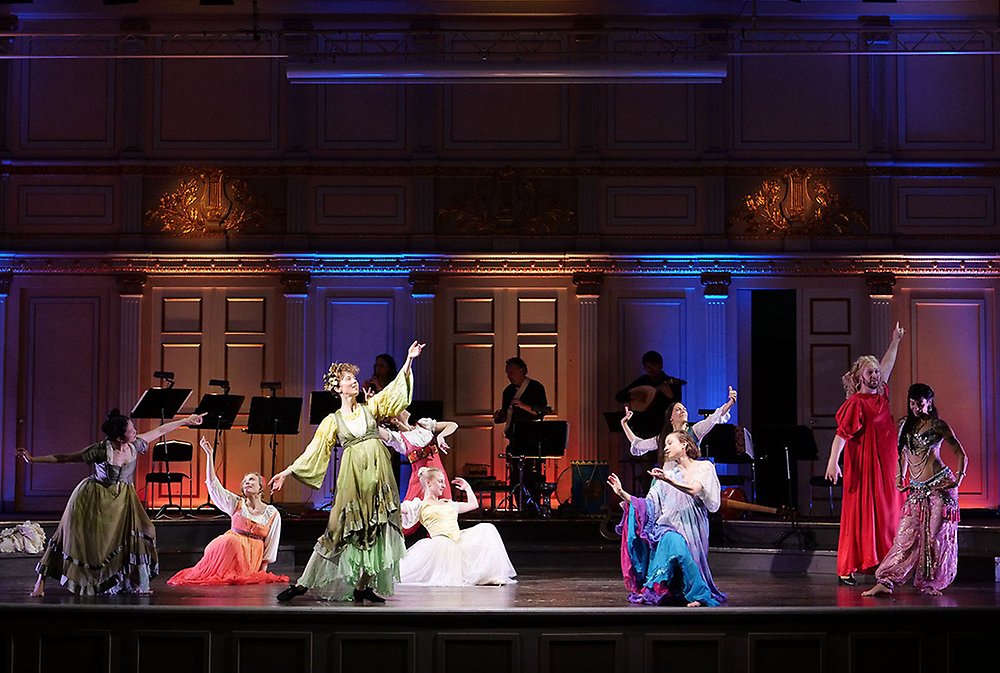
Dans i Stockholm Early Music Festival
I 2023 års version av Stockholm Early Music Festival , den tjugoandra i ordningen, ingick två dansföreställningar. I fablernas värld , en kort musikalisk och dansant barockföreställning med Folke Danste...
-
.jpg)
Suite en Blanc av Estoniabaletten med fina danssolister
Jag hade möjligheten att två gånger se en ny balettafton med två verk. Black/White innehöll “Open Door ” av polskan Katarzyna Kozielska och Serge Lifars kända och genuina Suite en Blanc . Den sistnämnda...
-
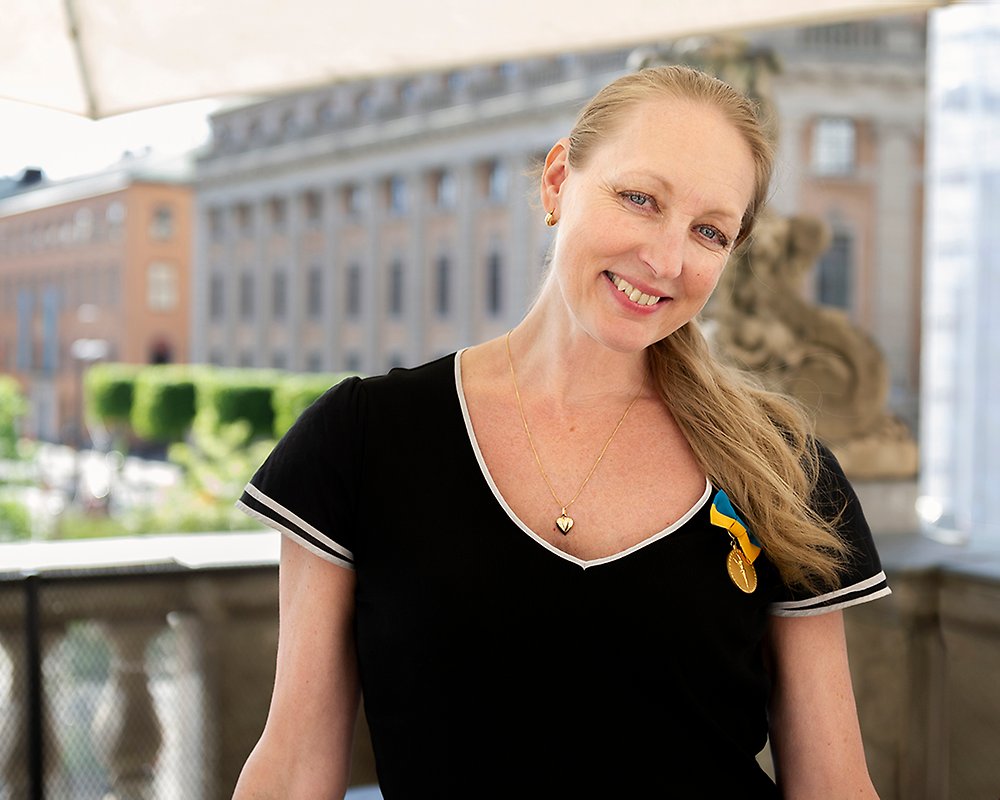
Marie Larsson Sturdy Carina Ari Medaljör 2023
På Carina Ari-dagen 30 maj tilldelades Marie Larsson Sturdy Carina Ari-medaljen för hennes mångåriga och engagerade insatser inom Dans i Nord – en vital verksamhet som under mer än 20 år har främjat m...
-
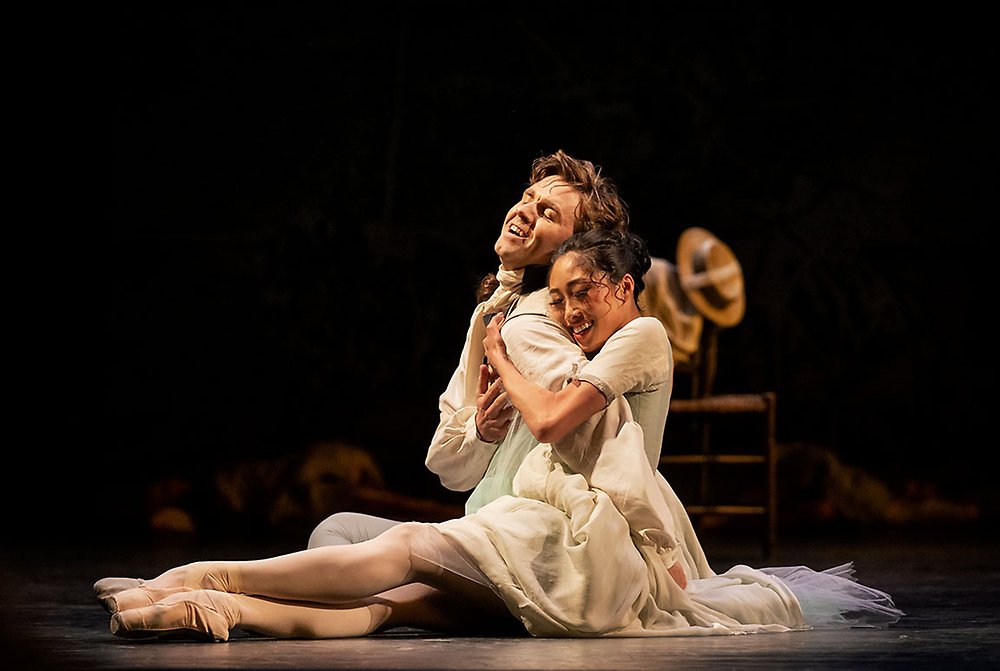
Manon: An evening to treasure
Kenneth MacMillan’s Manon created in 1974, continues to weave its magic providing a slew of dramatic roles against a volatile and violent backdrop. The Royal Swedish Ballet first presented the ballet ...
-
Instudering av Mats Eks ”En slags” med Staatsballett Berlin
I april 2022 reser Koreografen Mats Ek och jag till Berlin för att hålla audition med dansarna vid Staatsballett Berlin på Deutsche Oper. Vi ska välja dansare till verket ”En slags” av Mats Ek. Premiä...
-
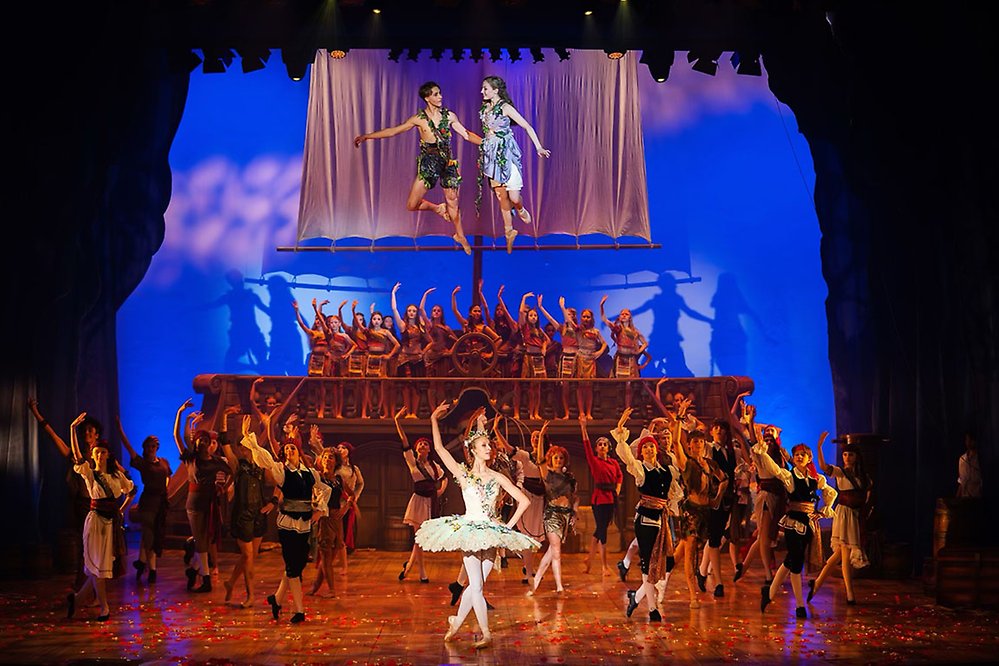
Marianne Mörck berättar sagan om Peter Pan med Svenska Balettskolan
Till vårens uppsättning av Peter Pan och Wendy på Lorensbergsteatern är en av gästartisterna ingen mindre än Marianne Mörck . Efter första repetitionen tillsammans med baletteleverna på svenska baletts...
-
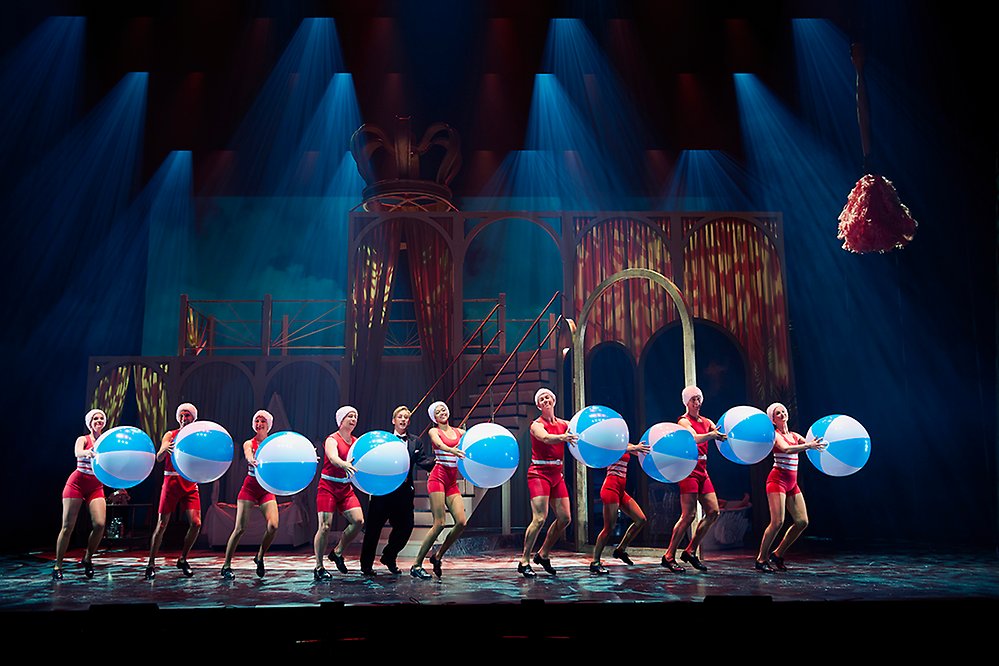
Det var en gång på Grand Hôtel, musikalen som återupptäckts
Göteborgsoperan avslutar sin vårsäsong med premiär den 22 april på Paul Abrahams musikal Det var en gång på Grand Hôtel. Musikalen som legat gömd fram till 2017. En föreställning fylld av dans och mus...
-
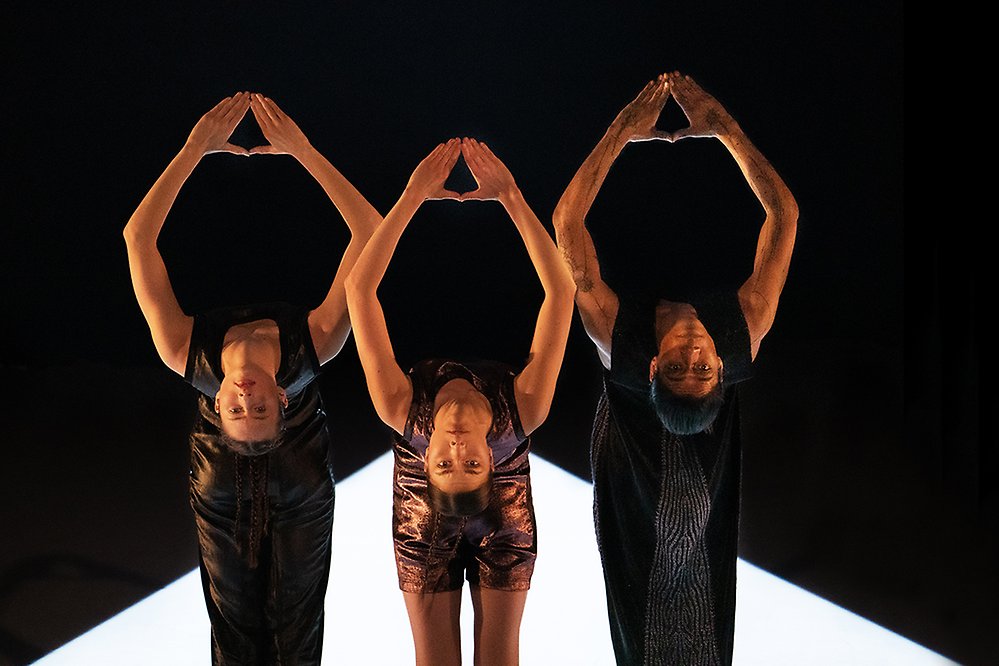
Virpi Pahkinen: "Precision möter osäkerhet, matematik möter mystik"
Change – den nya dansföreställningen av och med Virpi Pahkinen – är uppbyggd enligt principen 5 + 5 + 5, dvs koreografi/ljus/musik. Strax före fredagskvällens premiär på Kulturhuset Stadsteatern fick ...
-
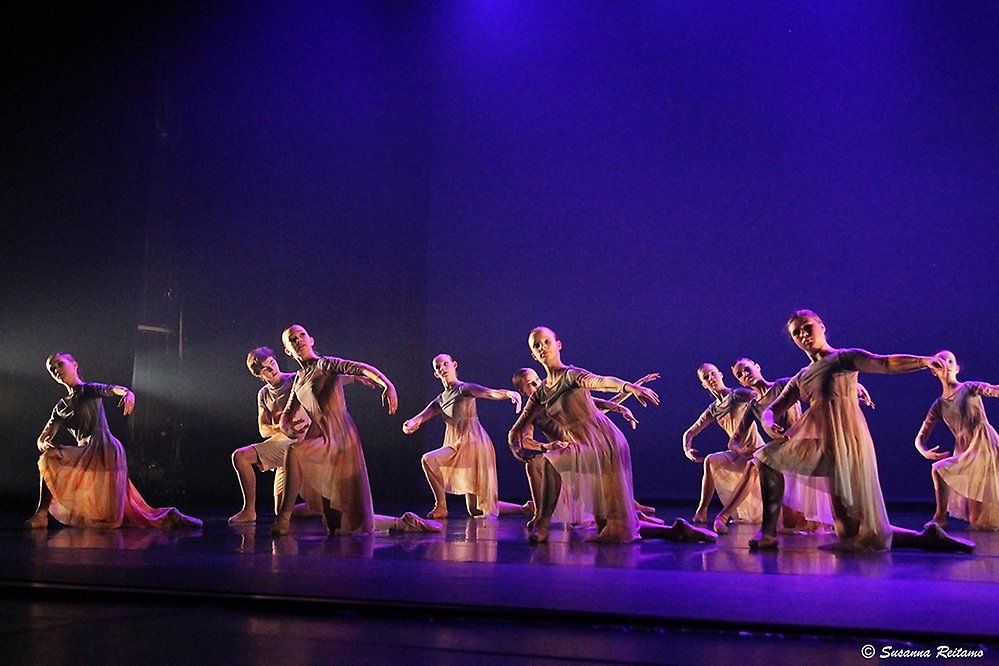
För dansens skull dansas Pro Dance galan
Den anrika Aleksandersteatern fylldes åter av dansfolket som ville stödja dansen och dess utövare via föreningen Pro Dance med att köpa biljetter till den årliga galaföreställningen. Artisterna uppträ...
-
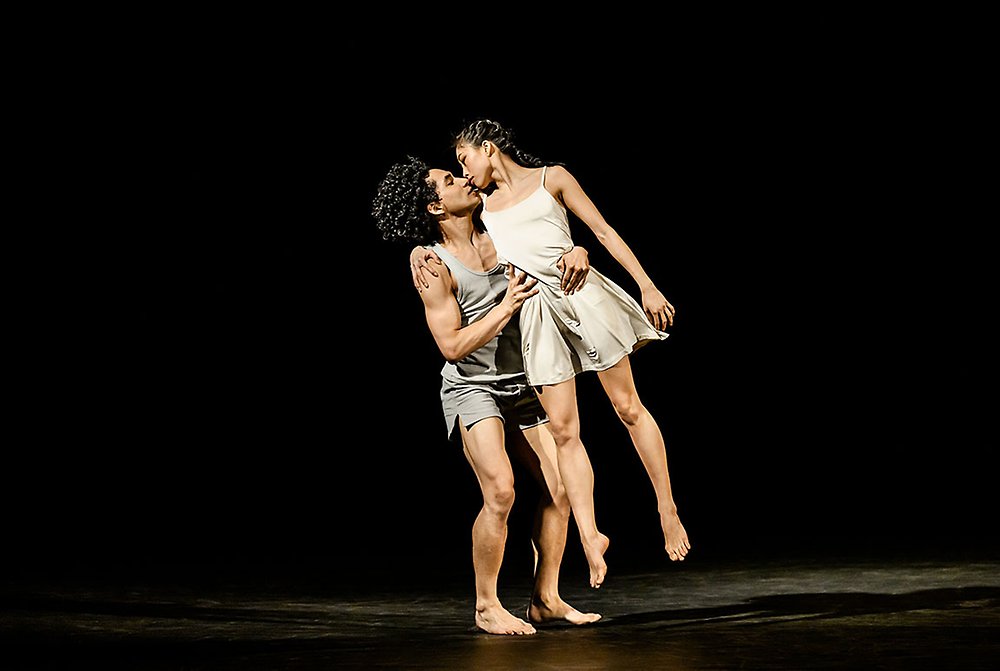
Anthony Lomuljo – om hur det är att igen dansa Romeo – 10 år senare
10 år har gått sedan urpremiären av Mats Eks Julia & Romeo på Kungliga Operan i Stockholm. Då liksom nu dansar Anthony Lomuljo rollen som Romeo. När Dansportalen några dagar innan premiären träffar An...
-
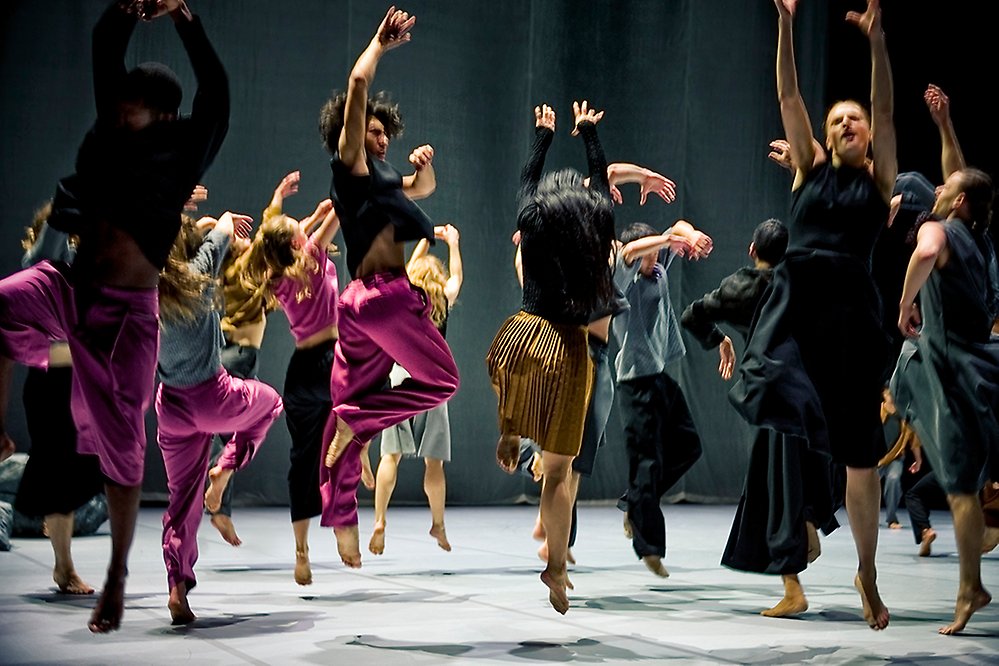
Hur bygger vi upp oss själva igen när allt är förstört–Johan Inger om Dust and Disquiet på Göteborgsoperan
Danskvällen Touched visar två världspremiärer på Göteborgsoperan, Dust and Disquiet av Johan Inger och To Kingdom Come av det nederländska syskonparet Imre och Marne Van Opstal . Naturkatastrofer runt ...
-
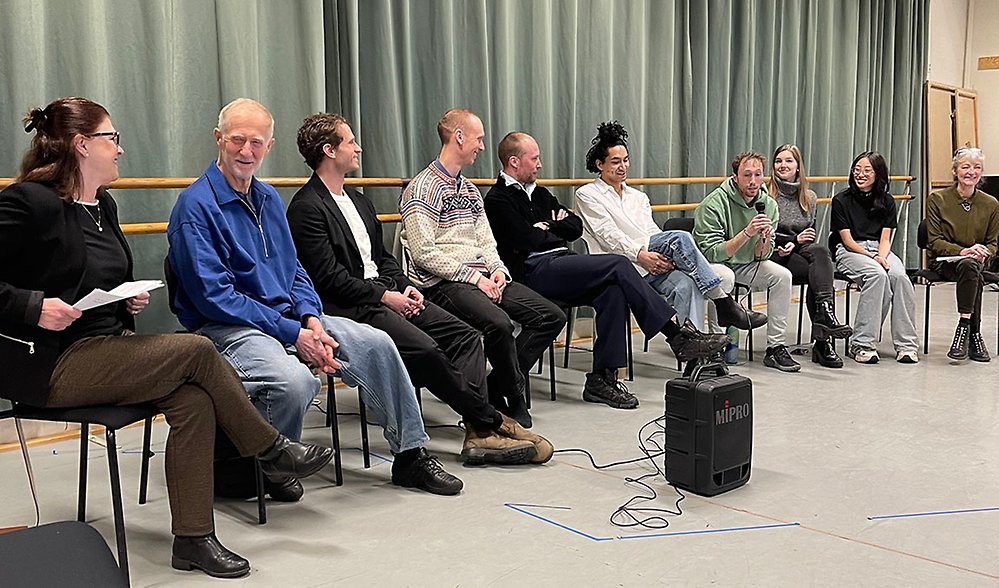
Mats Ek om Mats Eks Julia & Romeo
Operans Balettklubb gästades lördag 25 mars av koreografen Mats Ek och dansare inför nypremiären av ”Julia & Romeo” på Kungliga Operan. Verket uppfördes på teatern för första gången 2013. Det har ocks...
-
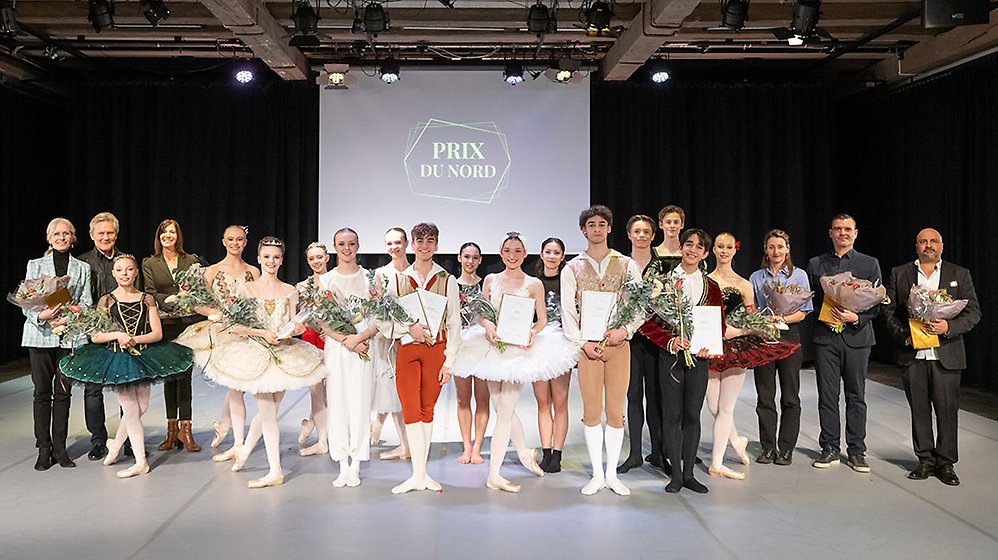
Nordens största danstävling lockade 44 dansare
Äntligen! Det är vad de flesta kände när tävlingen Prix du Nord genomfördes på Kronhuset i Göteborg.
-
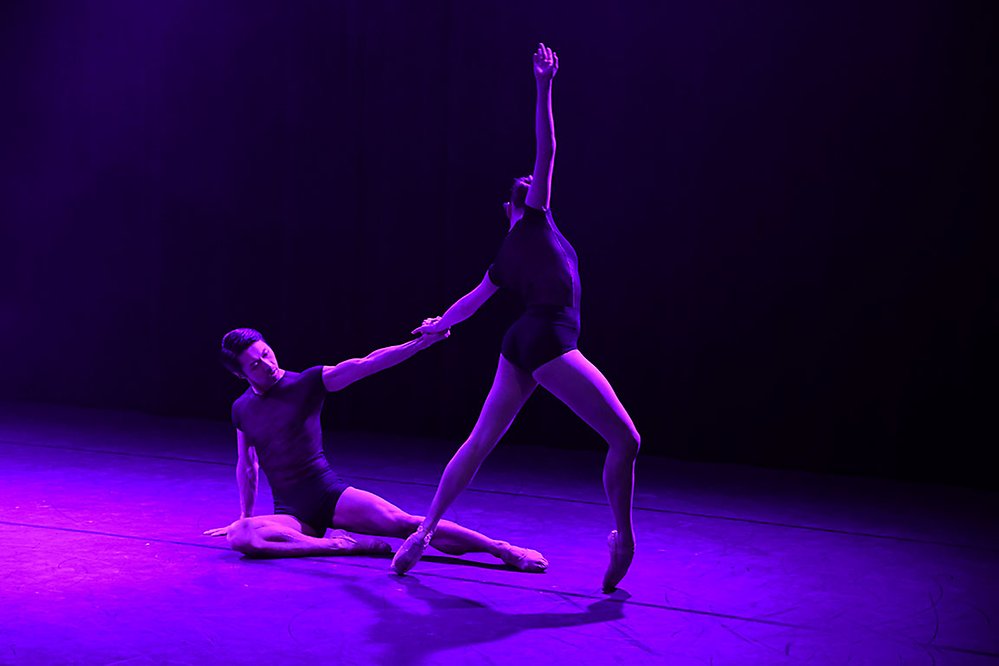
Young choreographers en bra plattform för nya idéer
En alldeles särskild glädje med workshopartade föreställningar är att man får se dansarna på riktigt nära håll. Så var fallet på Operans Rotunda 16 och 18 mars, i ett program med sju koreografer och 3...
-
%20Agathe%20Poupeney%20OnP%20-BONP-D%C3%A9fil%C3%A9.jpg)
Gala till minne av den lysande dansaren Patrick Dupond
Under februari var det tre utsålda galor på Palais Garnier i Paris, till minne av dansaren och balettchefen Patrick Dupond . För programmet på galan, se nedan!
-
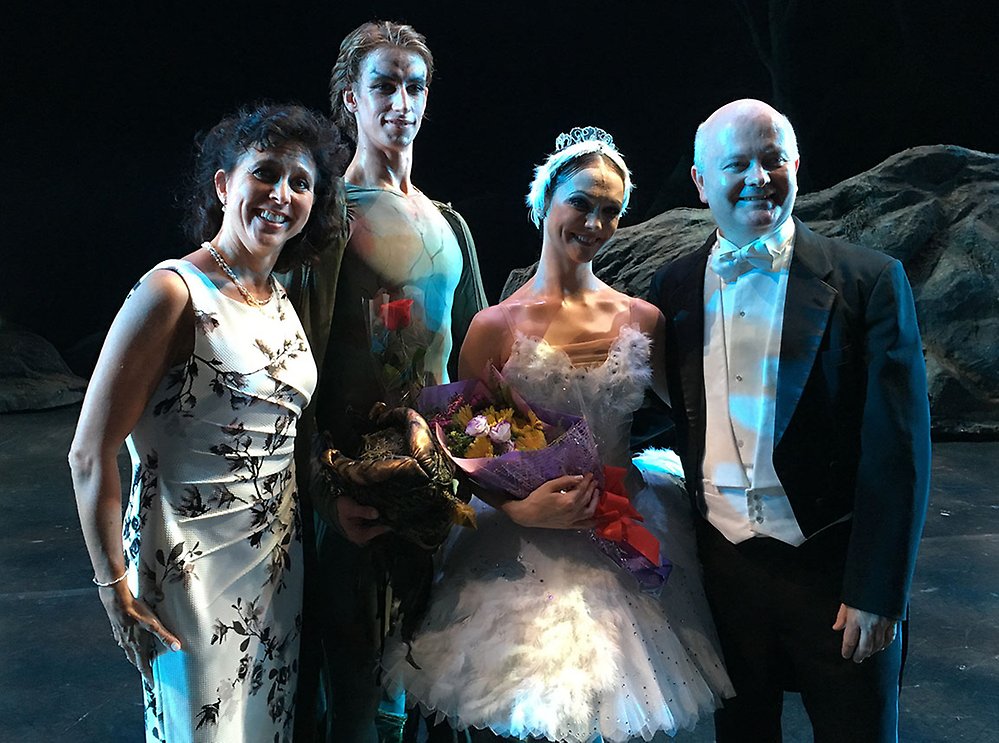
Madeleine Onne: Man får slåss för sin konstart
Madeleine Onne har varit balettchef i Stockholm, Hongkong och Helsingfors. Dansportalen har pratat med Madeleine om bland annat tiden i Hongkong, Helsingfors och om Stockholm 59°North. Men på vår förs...
-
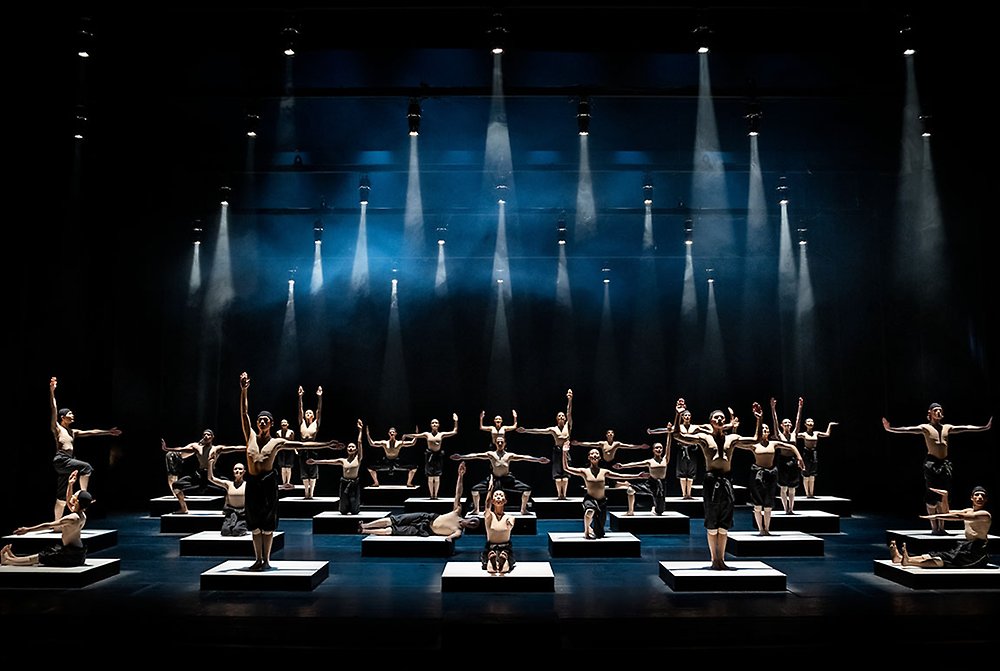
Triple Bill at the Ballet. What's not to Like?
The feel-good factor was in abundance at the Royal Opera House in Stockholm with a triple bill to send the audience home with a smile.
-
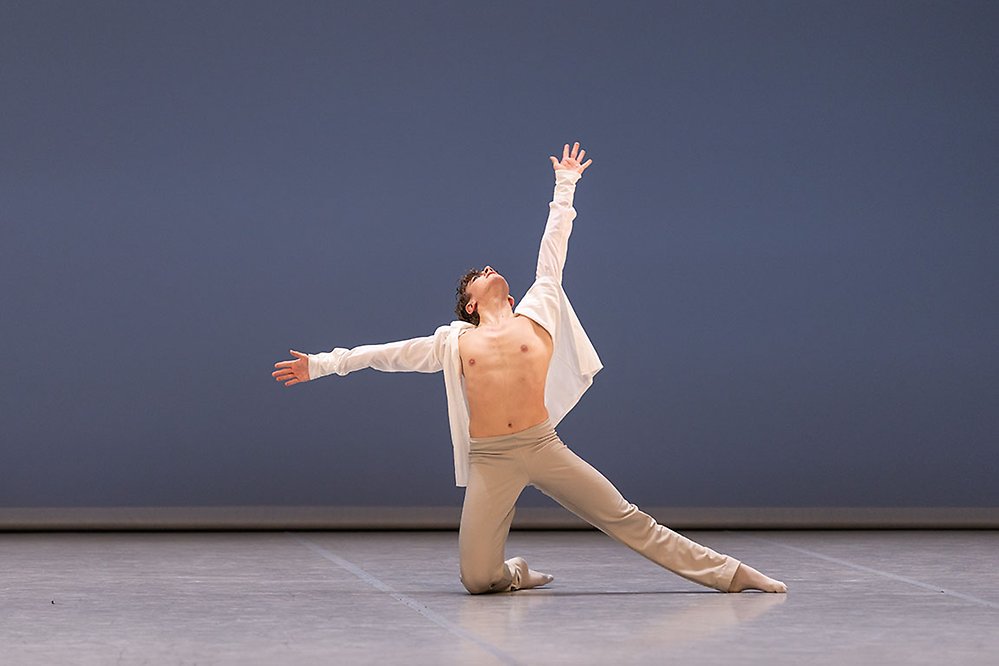
Elever från Kungliga Svenska balettskolan tävlade i årets Prix de Lausanne
Sveriges kandidater i Prix de Lausanne kommer båda två ifrån Kungliga Svenska balettskolan. Theodor Bimer och Alexander Mockrish. Tävlingen firar 50 årsjubileum lite sent då pandemin stoppat ett flert...
-
.jpg)
12 songs + Ane Brun och Kenneth Kvarnström på Göteborgsoperan
Första helgen i februari är det premiär för 12 songs + på Göteborgsoperan. Ett scenkonstverk skapat genom samarbete mellan 18 dansare och en av Nordens främsta koreografer, Kenneth Kvarnström, i något...
-
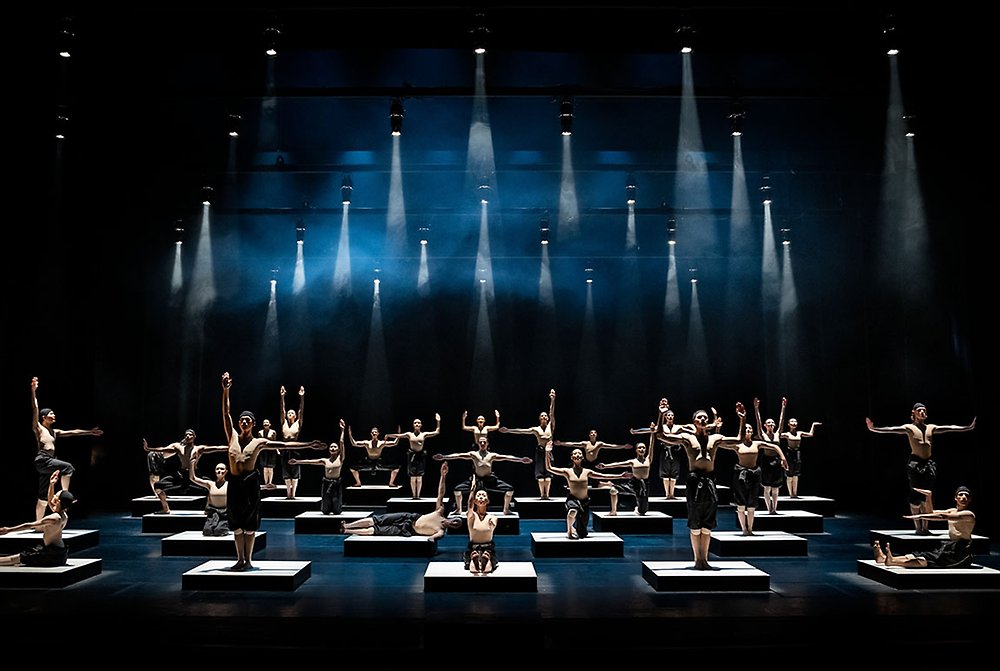
Jubileumsgala med Operan och Kungliga Baletten 250 år
Kungliga Operan öppnade med en fantastisk gala 18 januari med 23 olika programpunkter som innehöll opera, balett och teater. Under 250 år har framförts 54 900 föreställningar och vad var mer naturligt...
Notiser
- Kulturnatt Stockholm
- Kulturnatten på Kungliga Operan – en upplevelse för alla sinnen
- Hösten på Kungliga Operan – en helande kraft i en orolig tid
- Bröder och systrar förenas på dansgolvet under årets Up North-helg, 4-5 maj på NorrlandsOperan
- Det här ger GöteborgsOperans danskompani säsongen 2024/2025!
- La saison 24/25 de l'Opéra national de Paris est en ligne !
FÖLJ OSS PÅ
-
Kreativ lyskraft hos GöteborgsOperans Danskompani
GöteborgsOperans danssäsong 2024/2025 blir en virtuos upplevelse med kreativ briljans. Strålkastarljuset riktas mot starka kvinnliga röster och det blir både raffinerade ...
-
Dansarna berör på djupet med sin dansade kyss
Sommaren 2022 turnerade Don't, Kiss .Skånes utomhus i Skåne och Köpenhamn. 23 mars 2024 får föreställningen nypremiär på Skånes Dansteater, denna gång som inomhusverk med...
-
Spot on Darrion Sellman – dancing the leading role Siegfried in Swan Lake
In August last year Darrion Sellman arrived to Stockholm and joined the company. Darrion says: “It has been a change to come to Stockholm. A vibrant city, small but calme...
-
Kalle Wigle nyutnämnd solist vid Staatsballett i Berlin
Dansportalen gratulerar svenske dansaren Kalle Wigle som nyligen utnämnts till solist vid Staatsballett i Berlin.
-
Succéduo skapar nytt efter segertåg i Sverige och Europa
Intervju Hugo Therkelson och Tobias Ulfvebrand
-
40 år senare: En dansares triumf över tidens utmaningar
Förra sommaren ringde telefonen hemma hos Heléne i Kungsbacka. I lördags den 16 mars gjorde hon comeback på scenen efter nära fyra decenniers frånvaro och dessutom debut ...
ANNONS
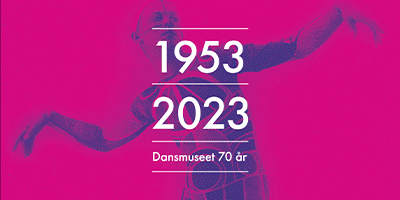
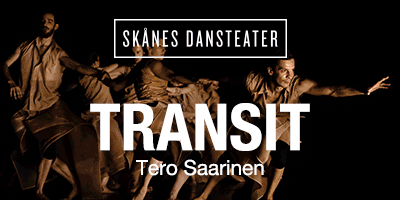
Ur Dansportalens arkiv
-
Nurejevs Svansjön på Stockholmsoperan – en version aldrig tidigare spelad i Sverige
Inför Kungliga Balettens premiär på Svansjön i koreografi av Rudolf Nurejev gästades Operans Balettklubb av iscensättaren Charles Jude och dansaren Calum Lowden.Charles J...
ANNONS
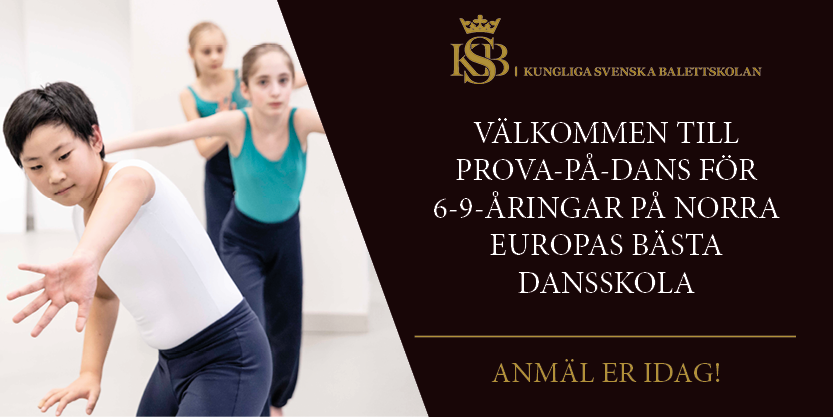
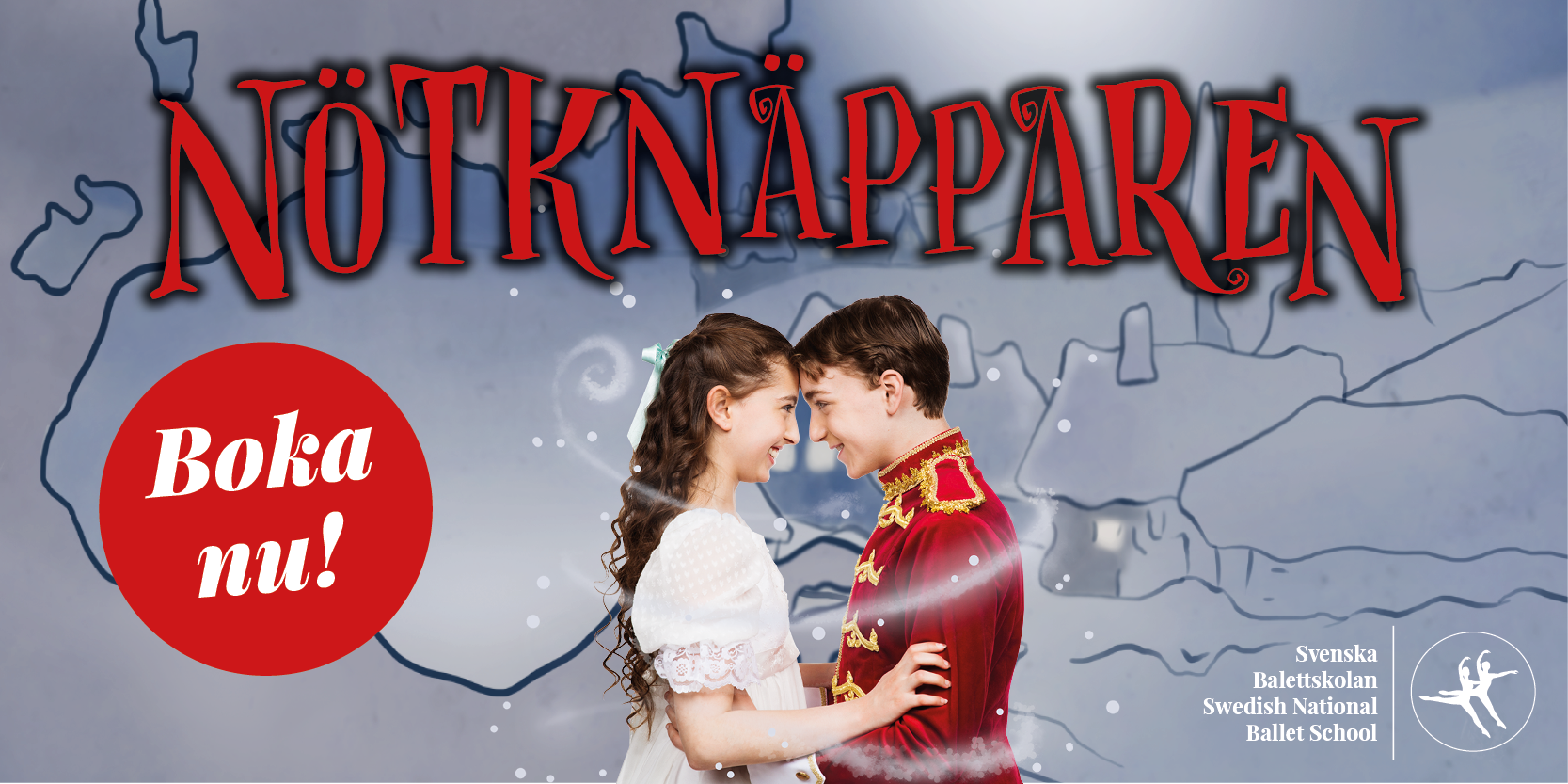
-
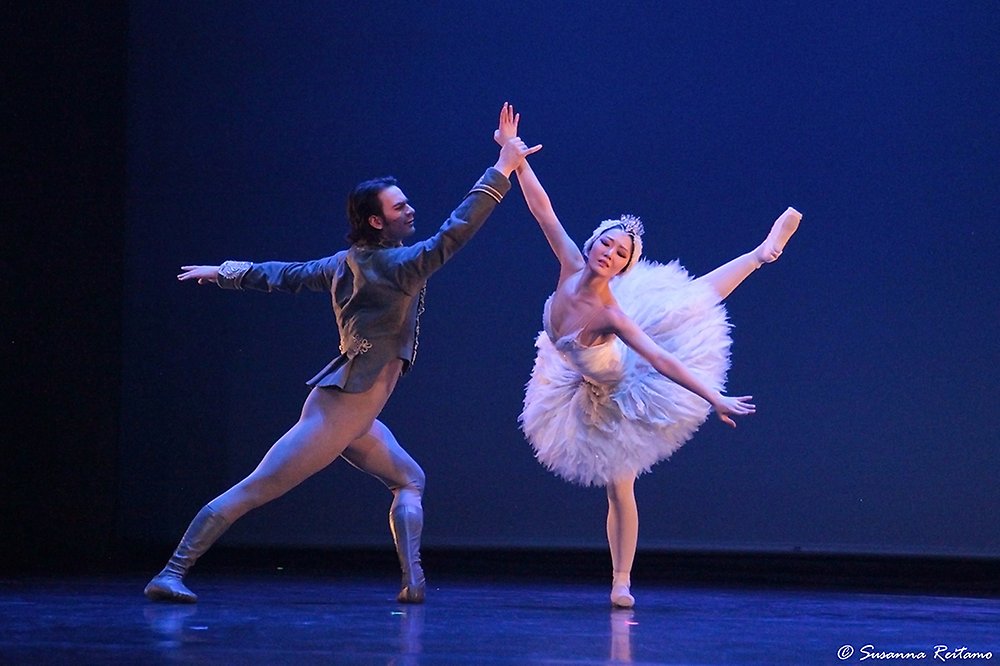
Fart och kunnande på Pro Dance Galan 2024
-
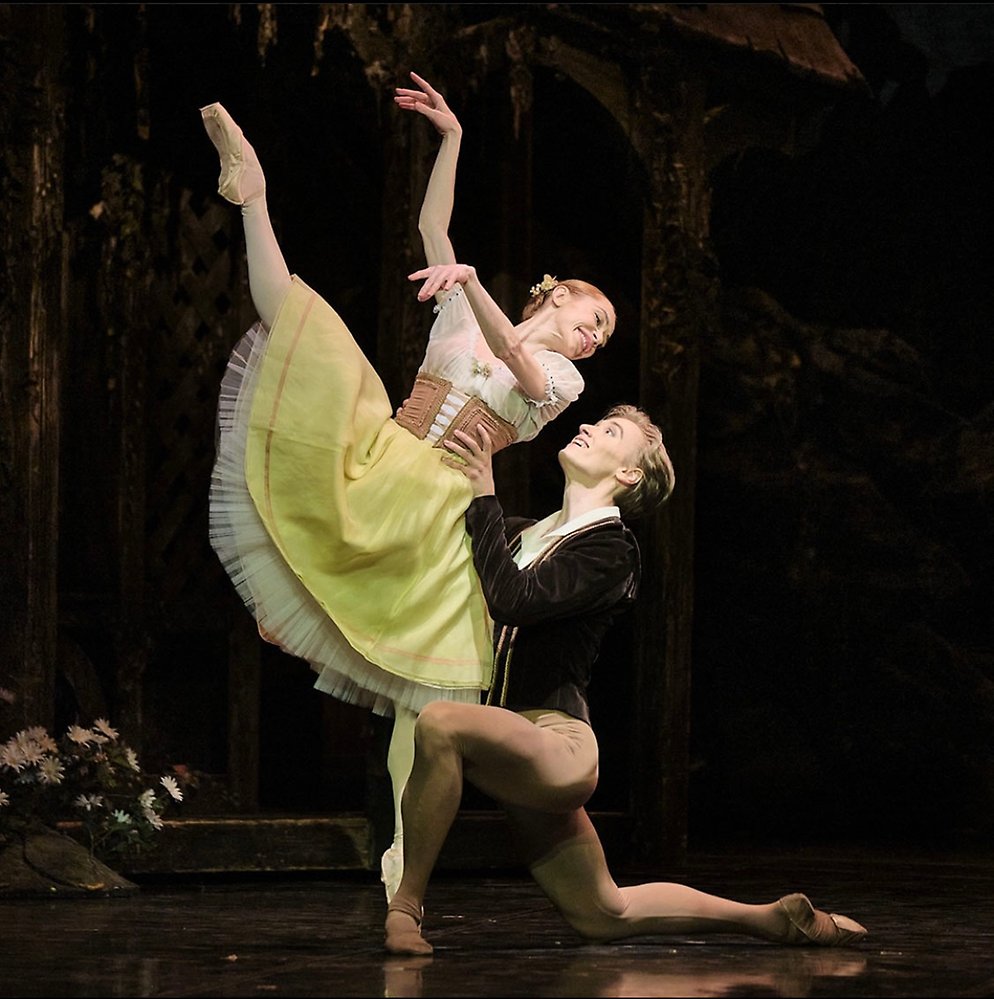
Svenske dansaren Kalle Wigle har stora framgångar i Berlin
-
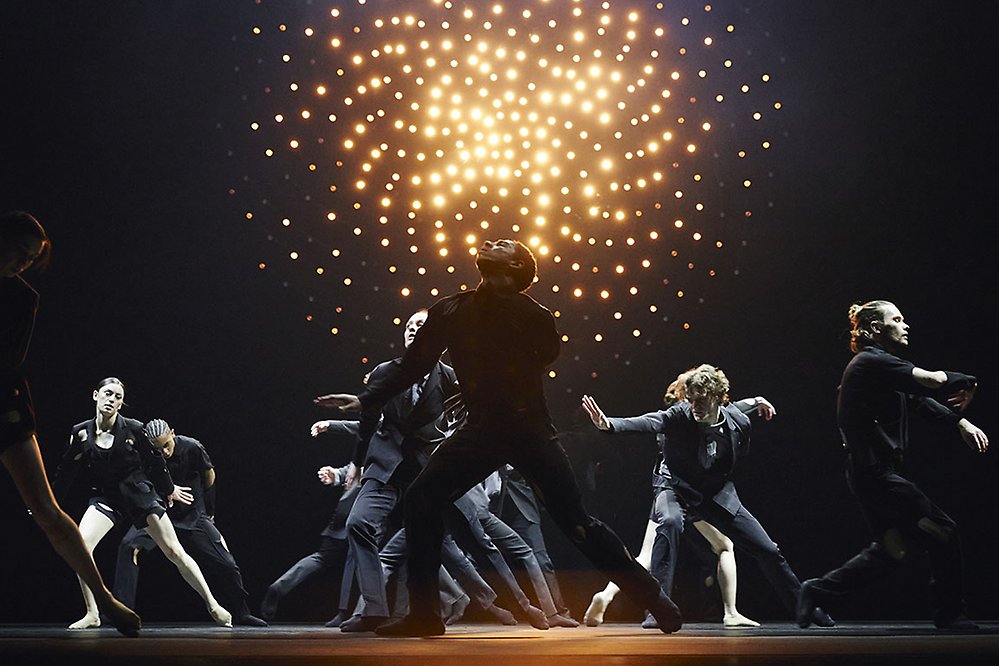
Timulak/Portner två olika verk men med flera beröringspunkter
-
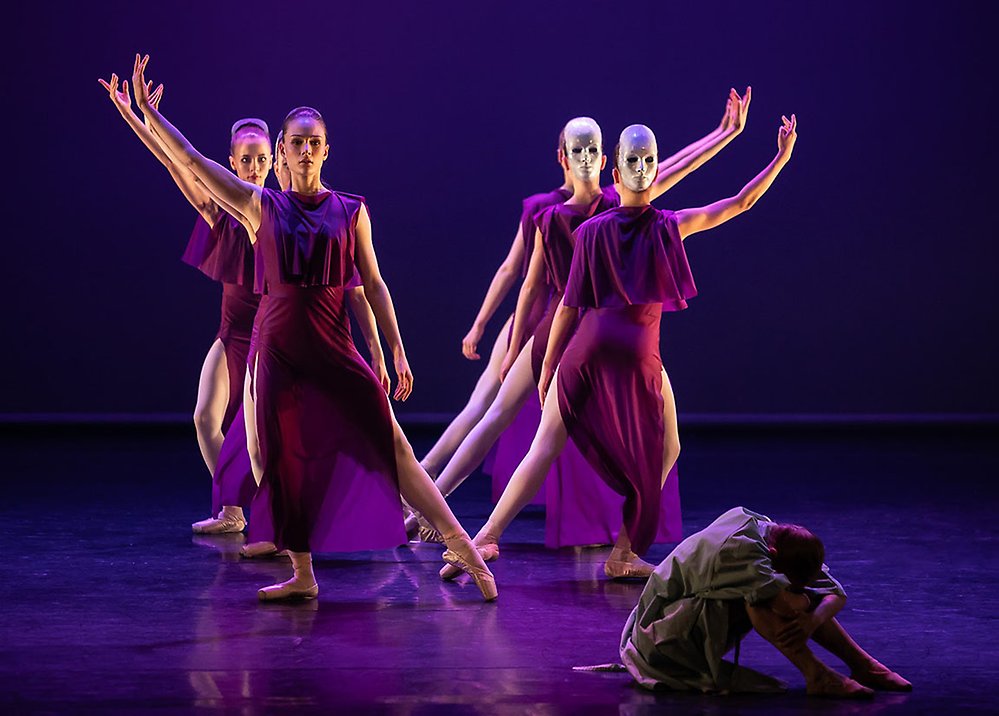
På jakt efter det fullkomliga: nationens skickligaste dansare och – smultron!
-
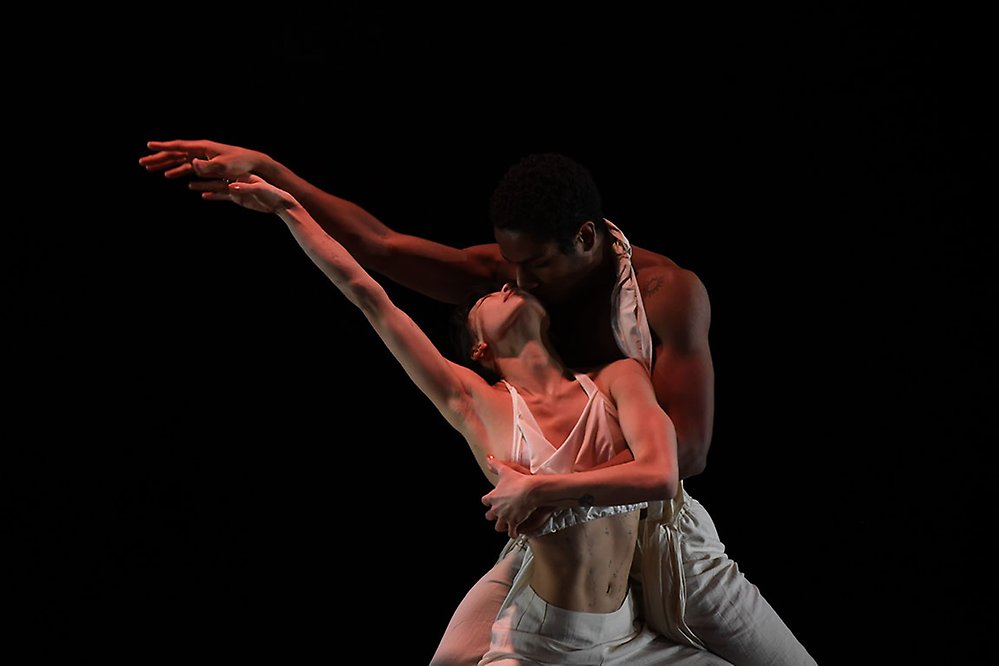
Young Choreographers en föreställning där dansare från Kungliga Operan koreograferar
-
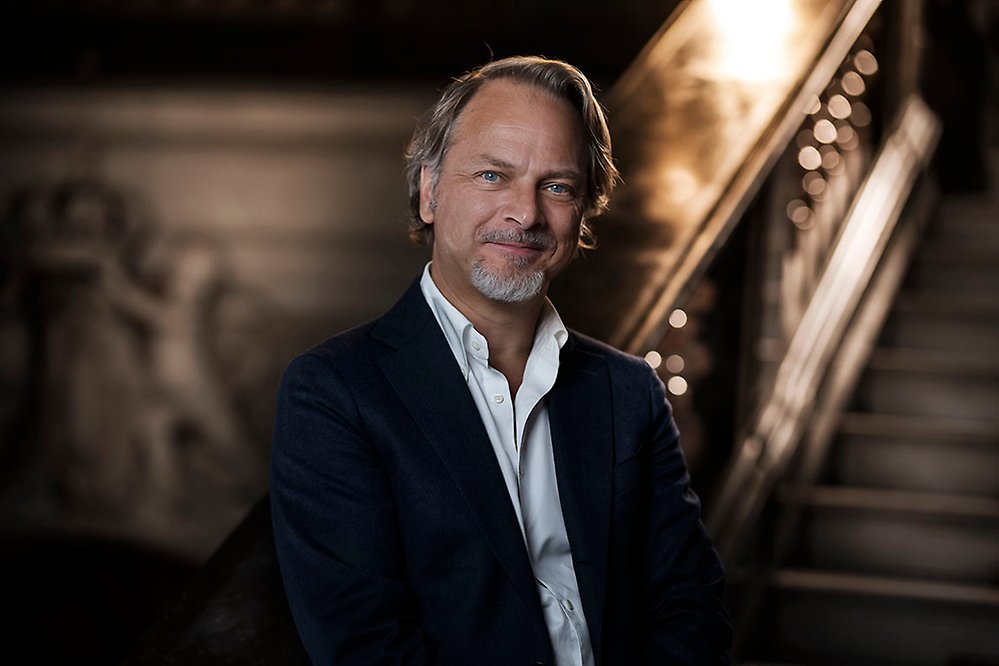
Operans VD Fredrik Lindgren: På sikt vore det fantastiskt att få ett nytt Operahus i Stockholm
-
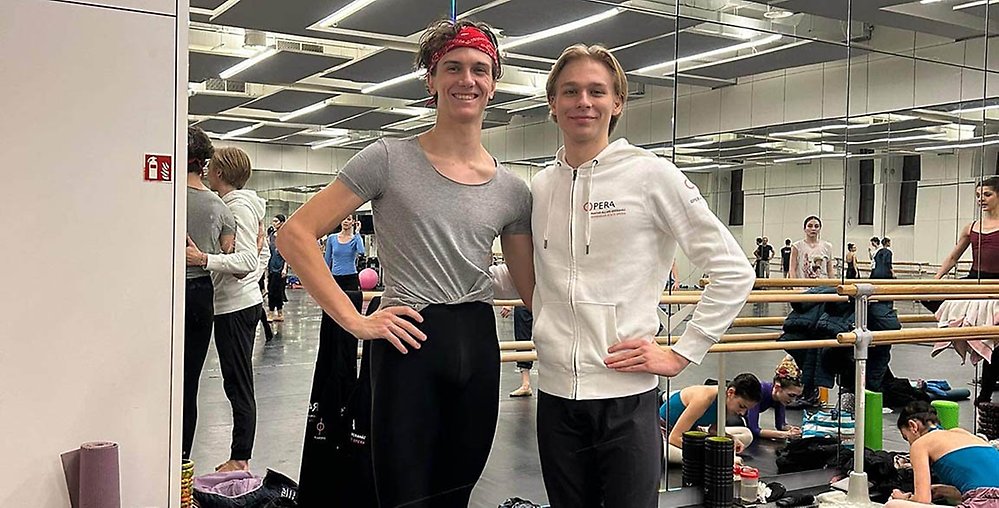
Från Svenska balettskolan i Göteborg till ungerska Statsoperan i Budapest
-
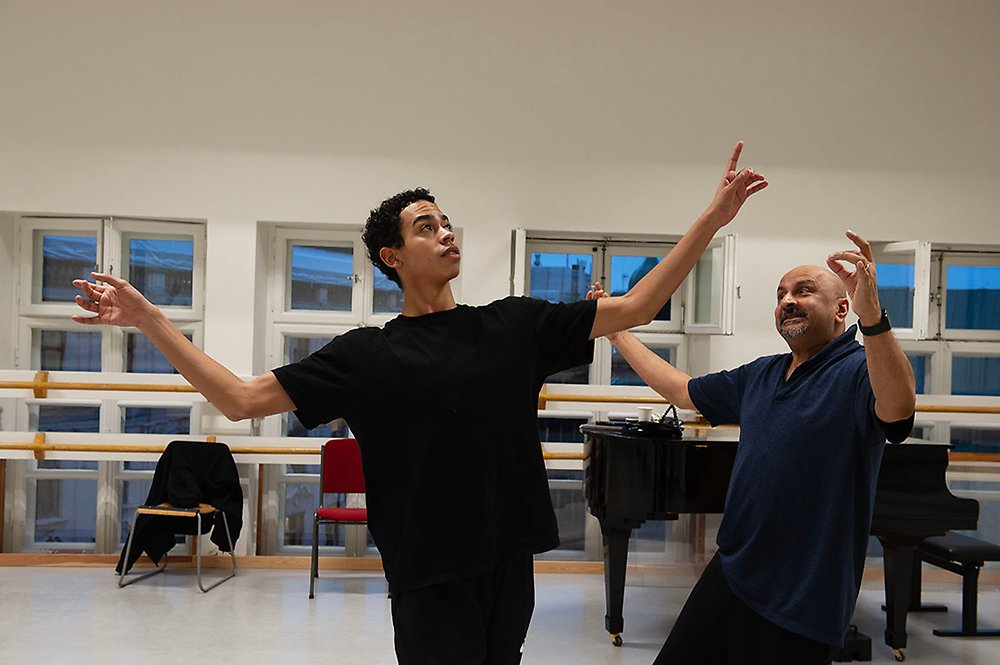
Joseph Sturdys verk Lucid Episode inleder nyårsgalan på Kungliga Operan
-
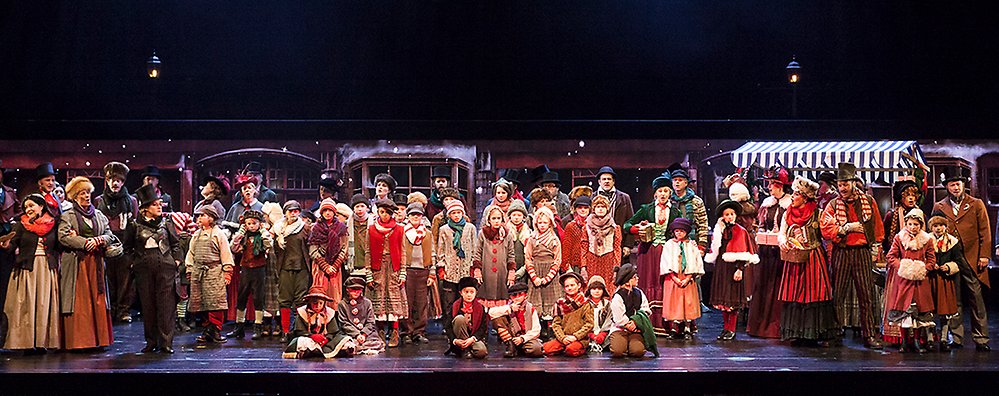
Göteborgsoperan sjunger in julen med En Julsaga
-
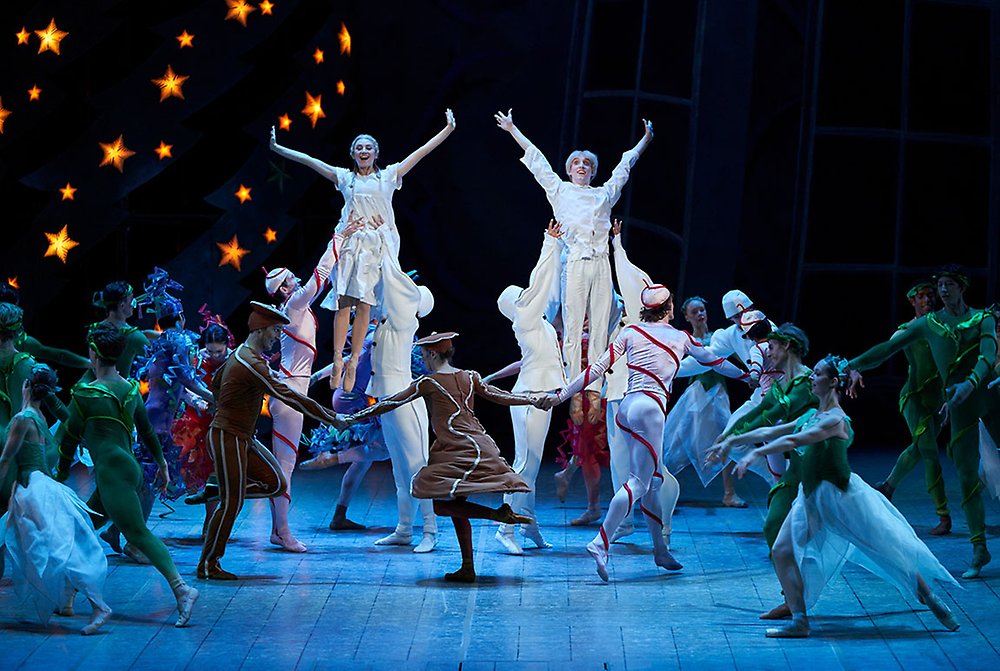
Nötknäpparen, nypremiär på Kungliga Operan i Stockholm efter fyra års uppehåll
-
Giovanni Bucchieri – en konstnärlig kameleont
-
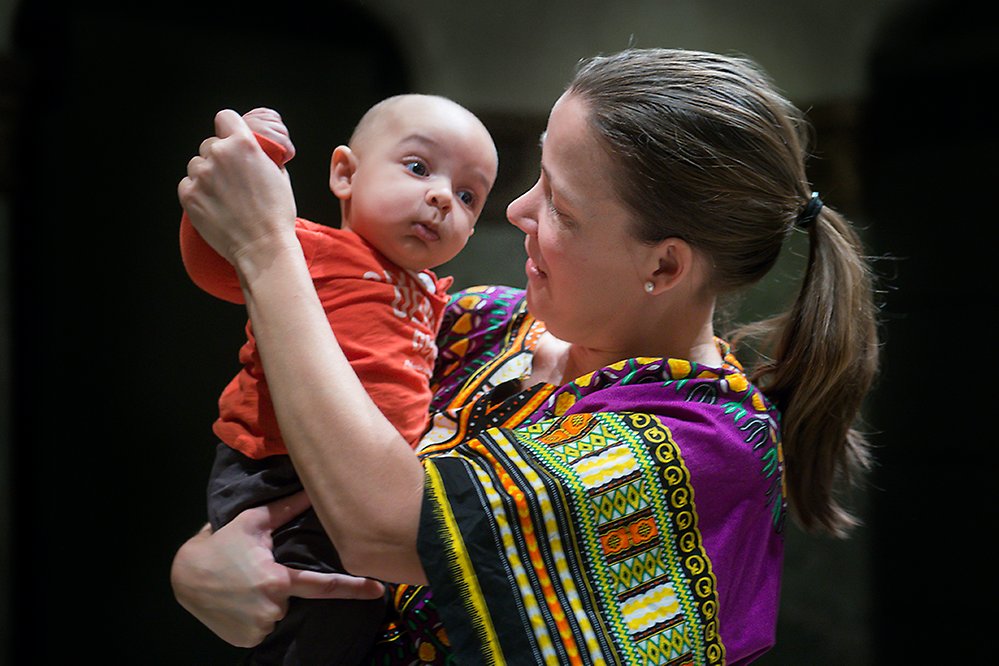
”Mycket talar för att vi inte kommer att kunna vara kvar där vi är nu,” säger Hans Lindholm Öjmyr, ny chef för Dansmuseet
-
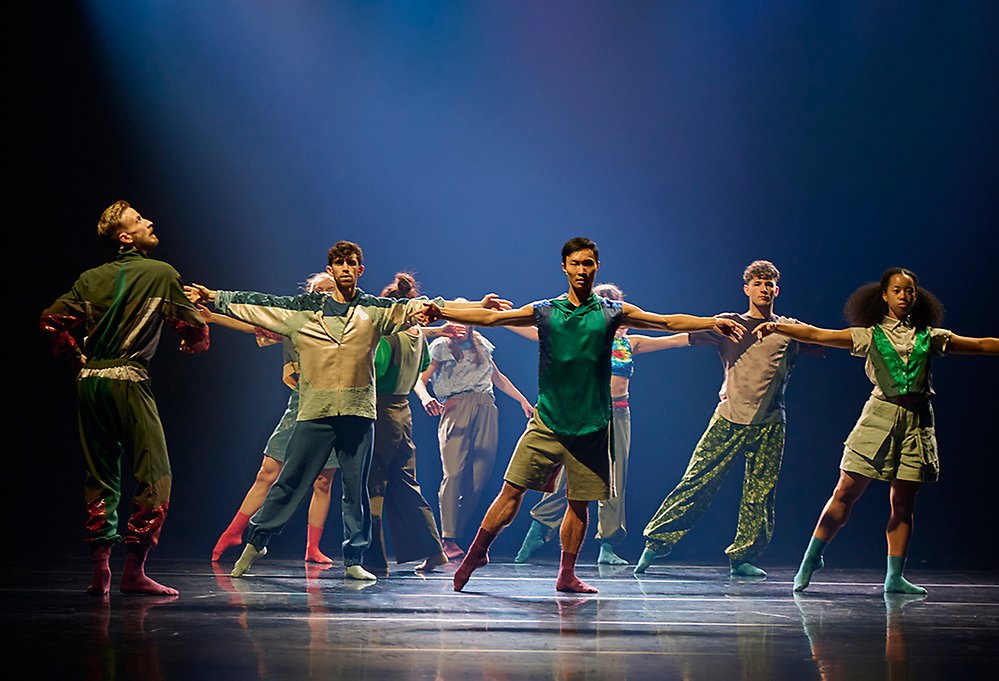
In a heartbeat, ny världspremiär på Göteborgsoperan
-
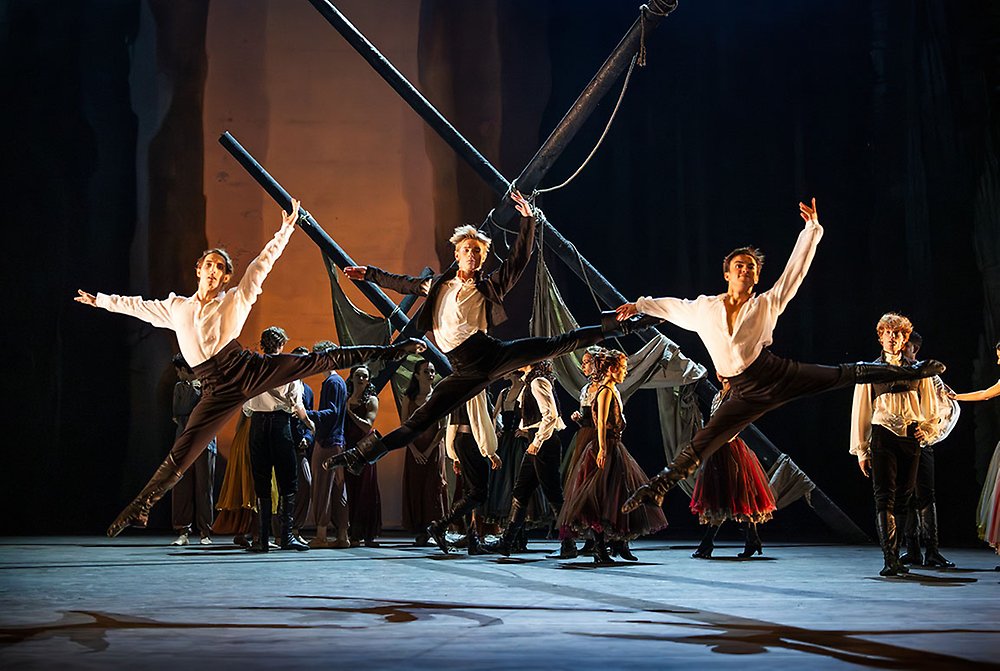
Le Corsaire, svensk premiär på Kungliga Operan med virtuos dans och teknisk skicklighet
-
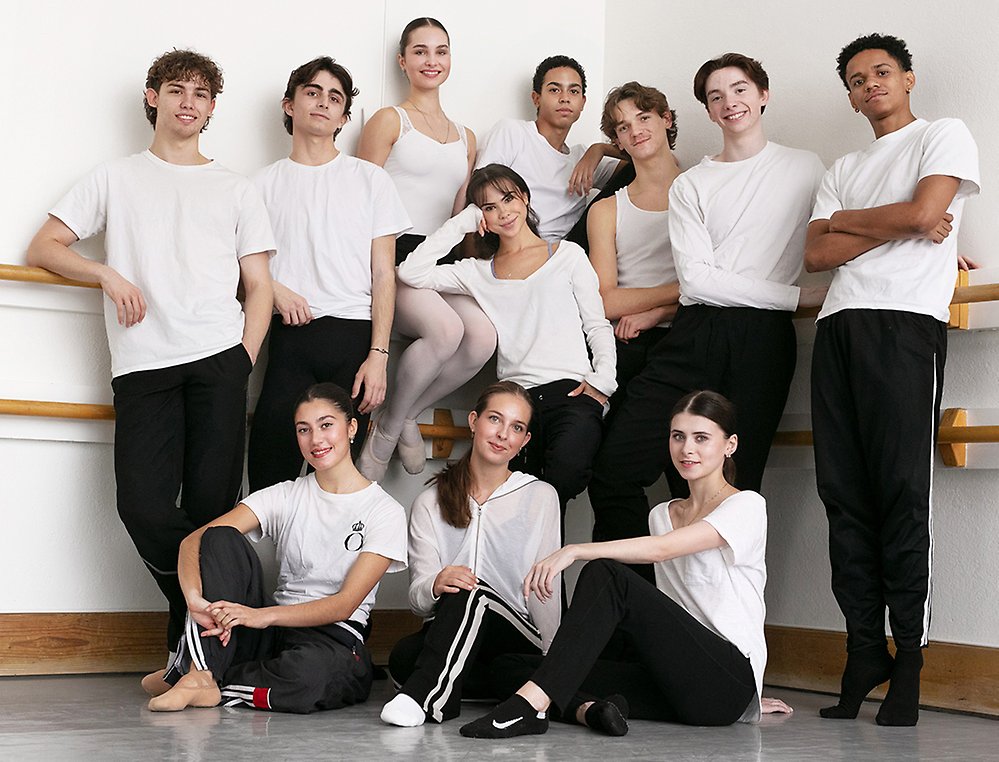
New talents join the Royal Swedish Ballet
-
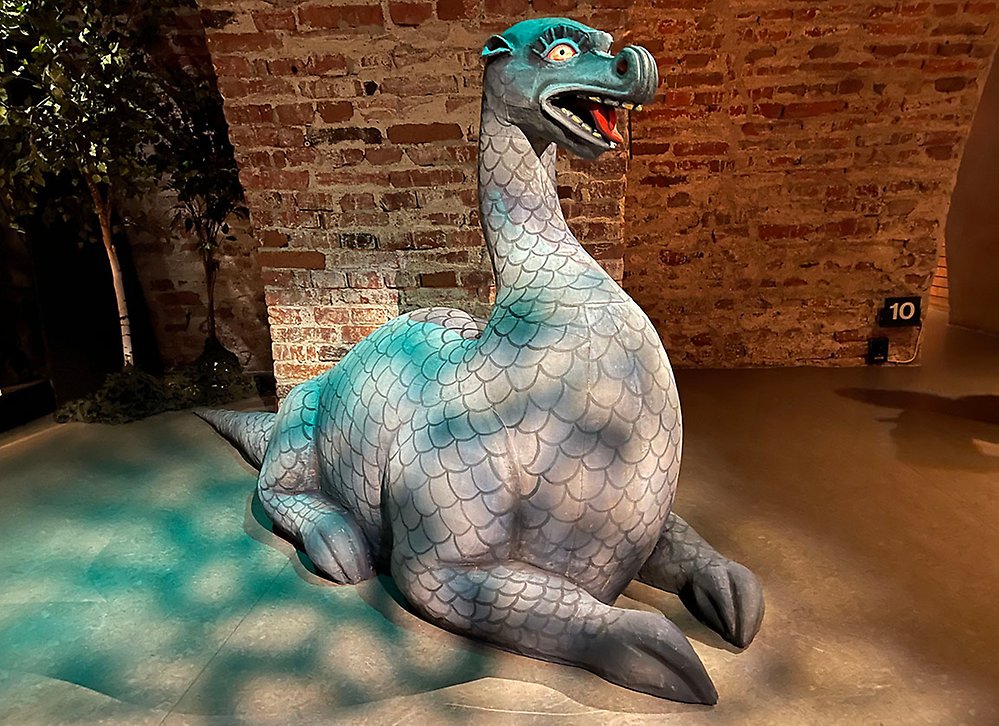
Där låg onekligen ett skimmer över Gustavs dagar
-
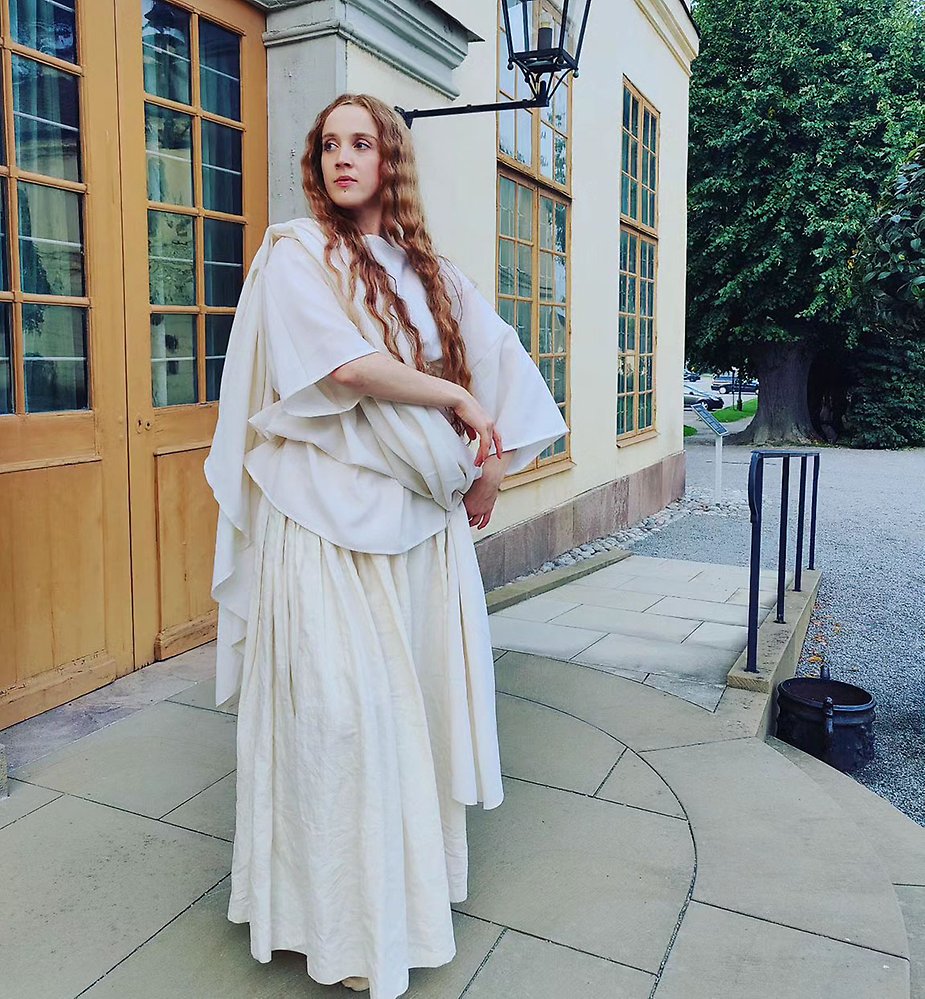
Attityder som uppskattades
-
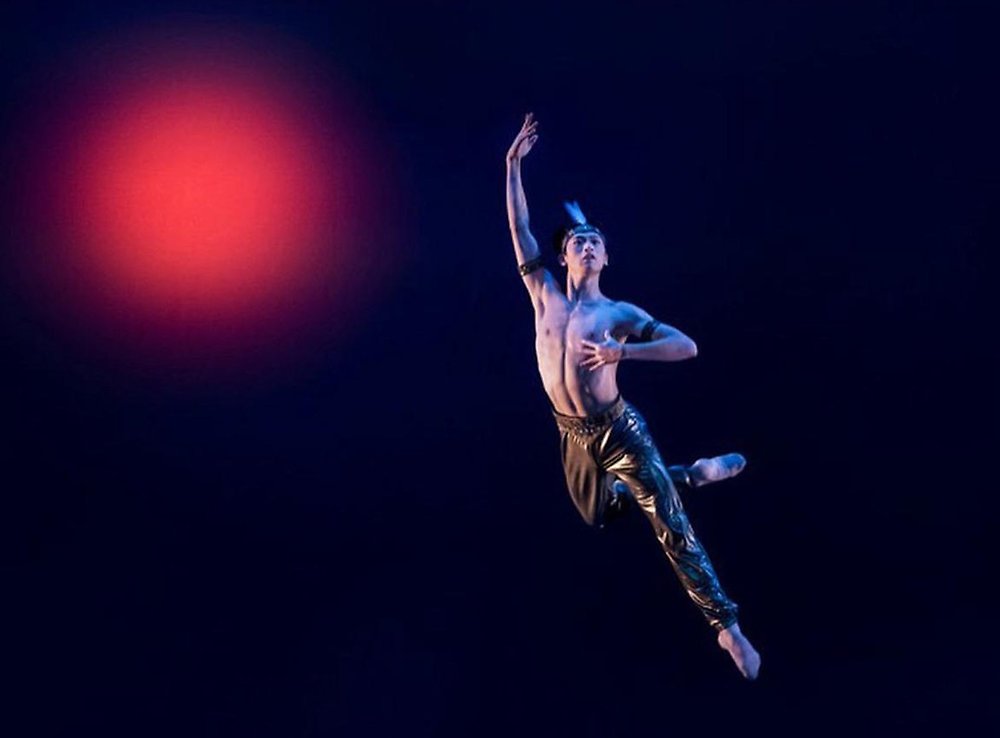
Spot-on Kentaro Mitsumori, dancer with the Royal Swedish Ballet
-
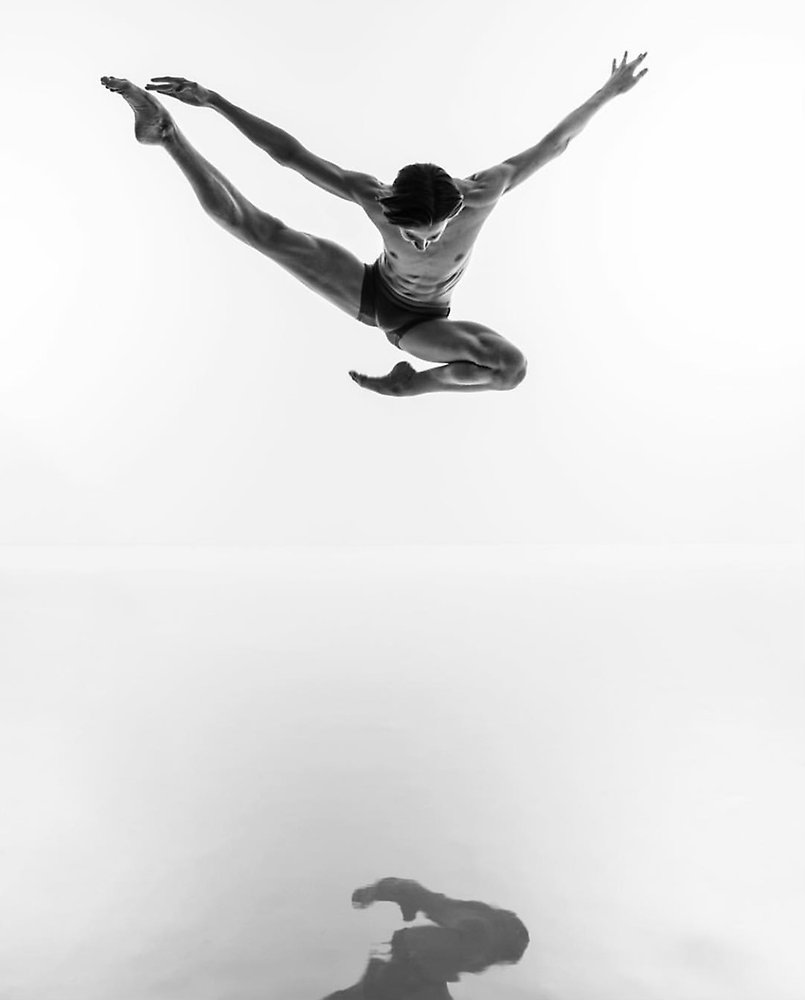
Kalle Wigle-Andersson får stipendium från Jubelfonden
-
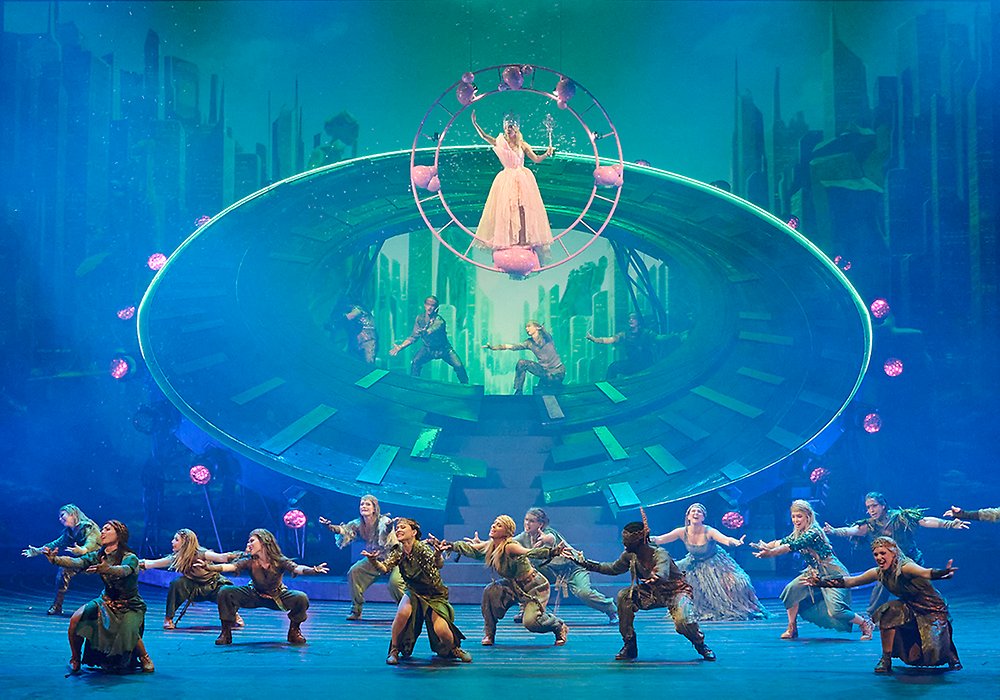
Wicked, musikalen om häxorna i Oz
Redaktion
dansportalen@gmail.com
Annonsera
dansportalen@gmail.com
Grundad 1995. Est. 1995
Powered by
SiteVision







